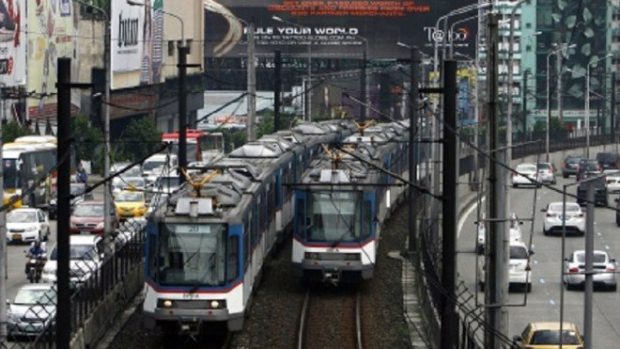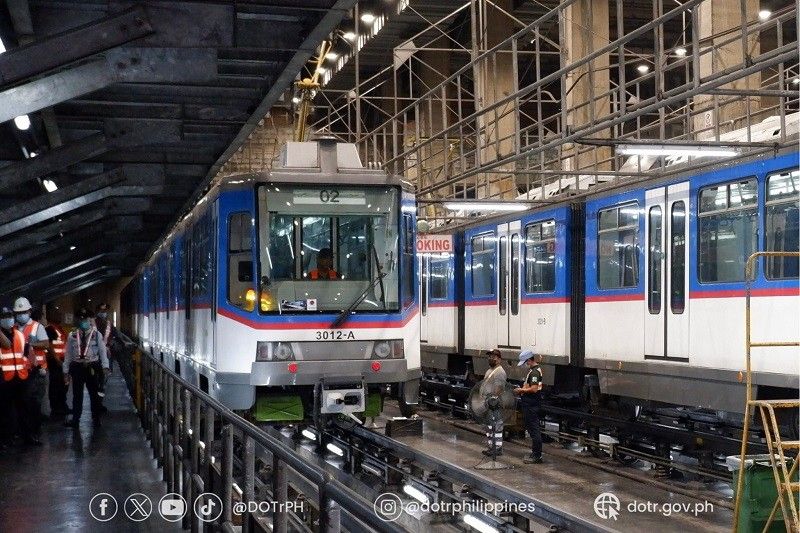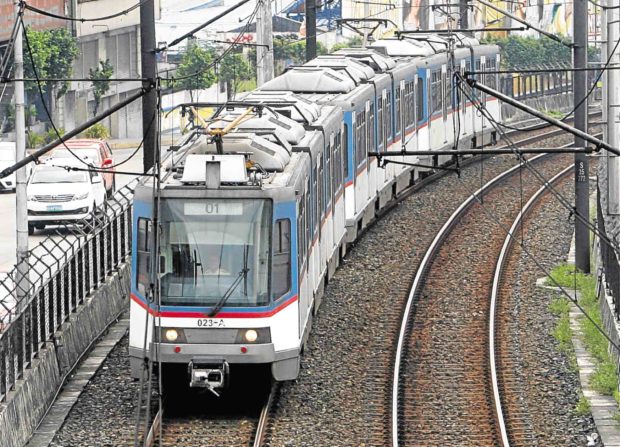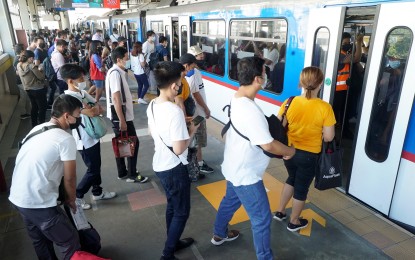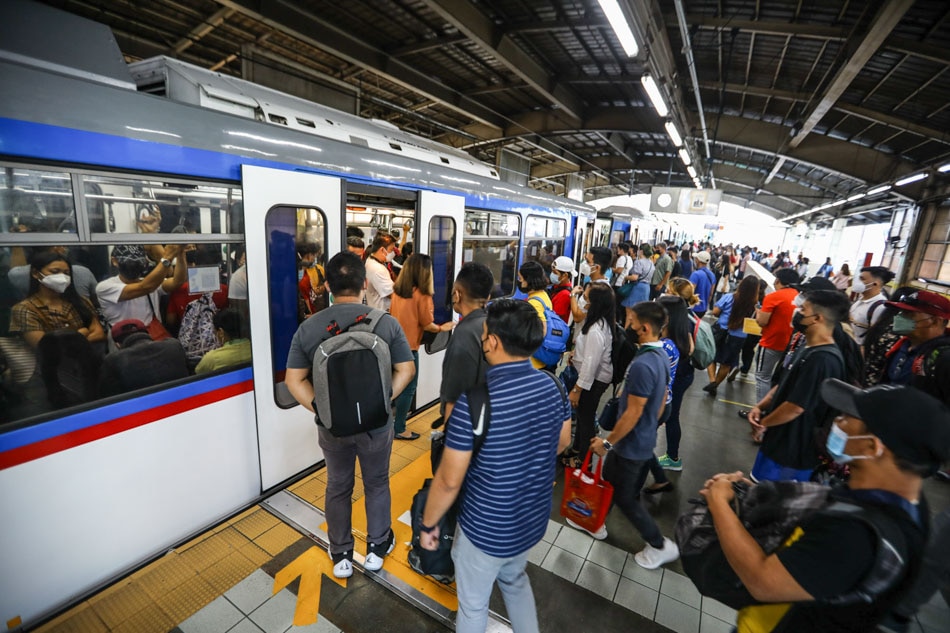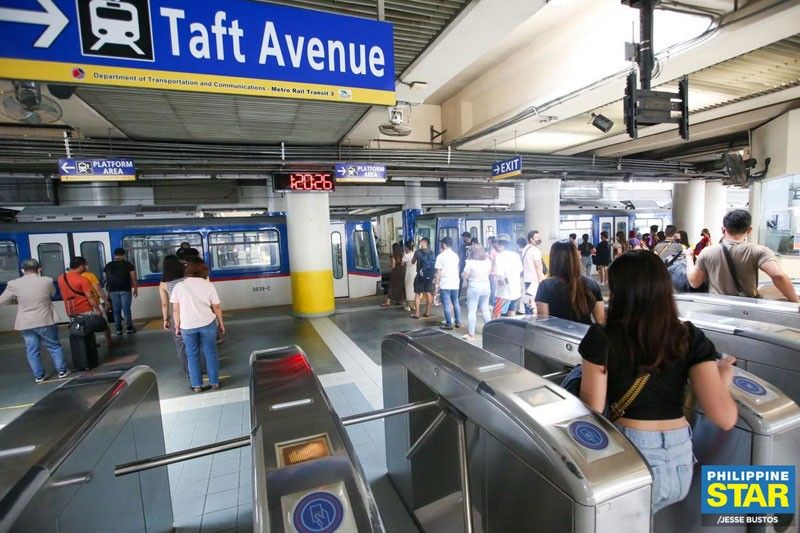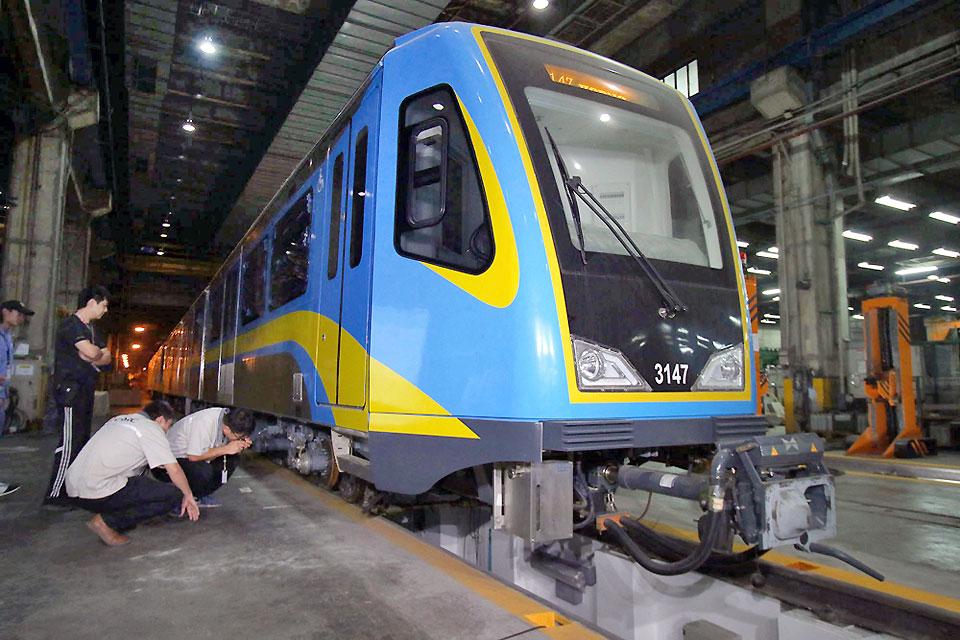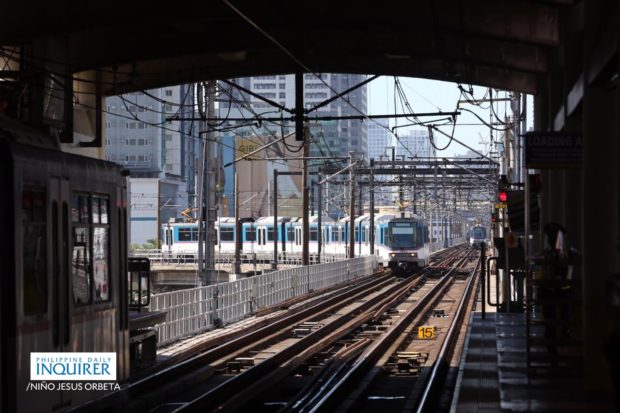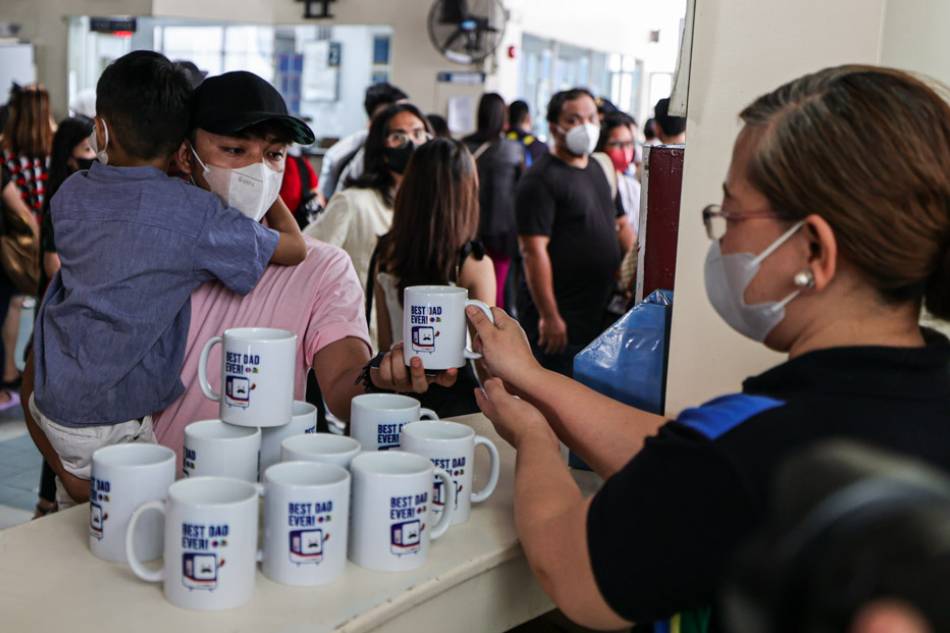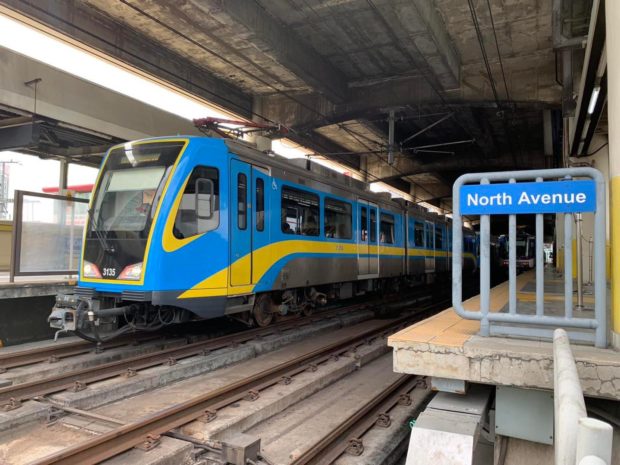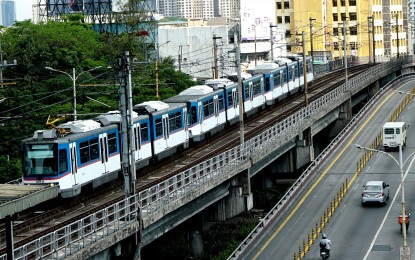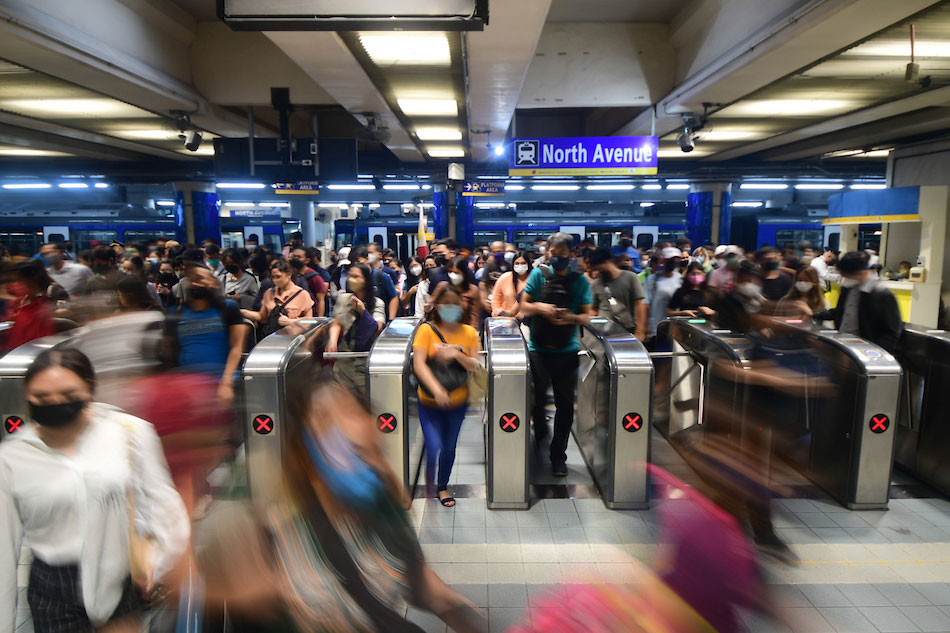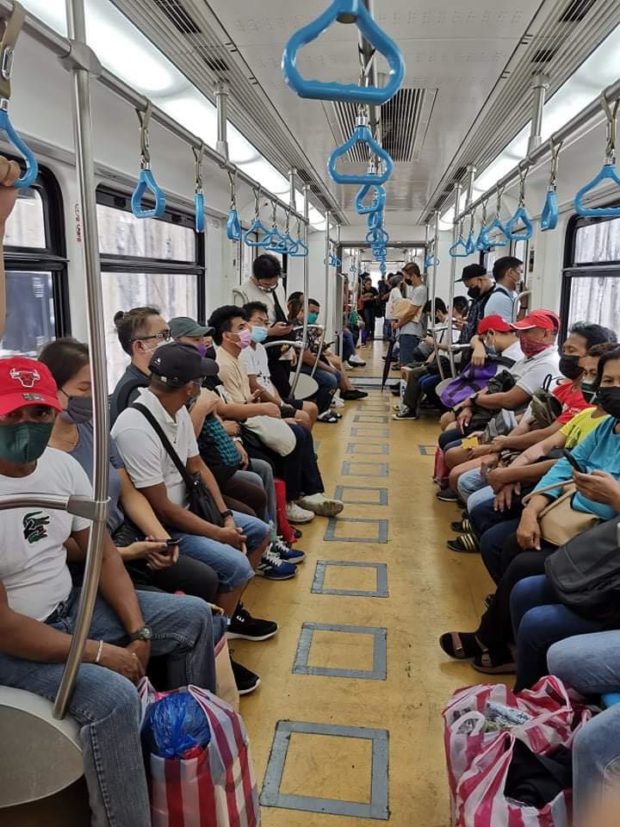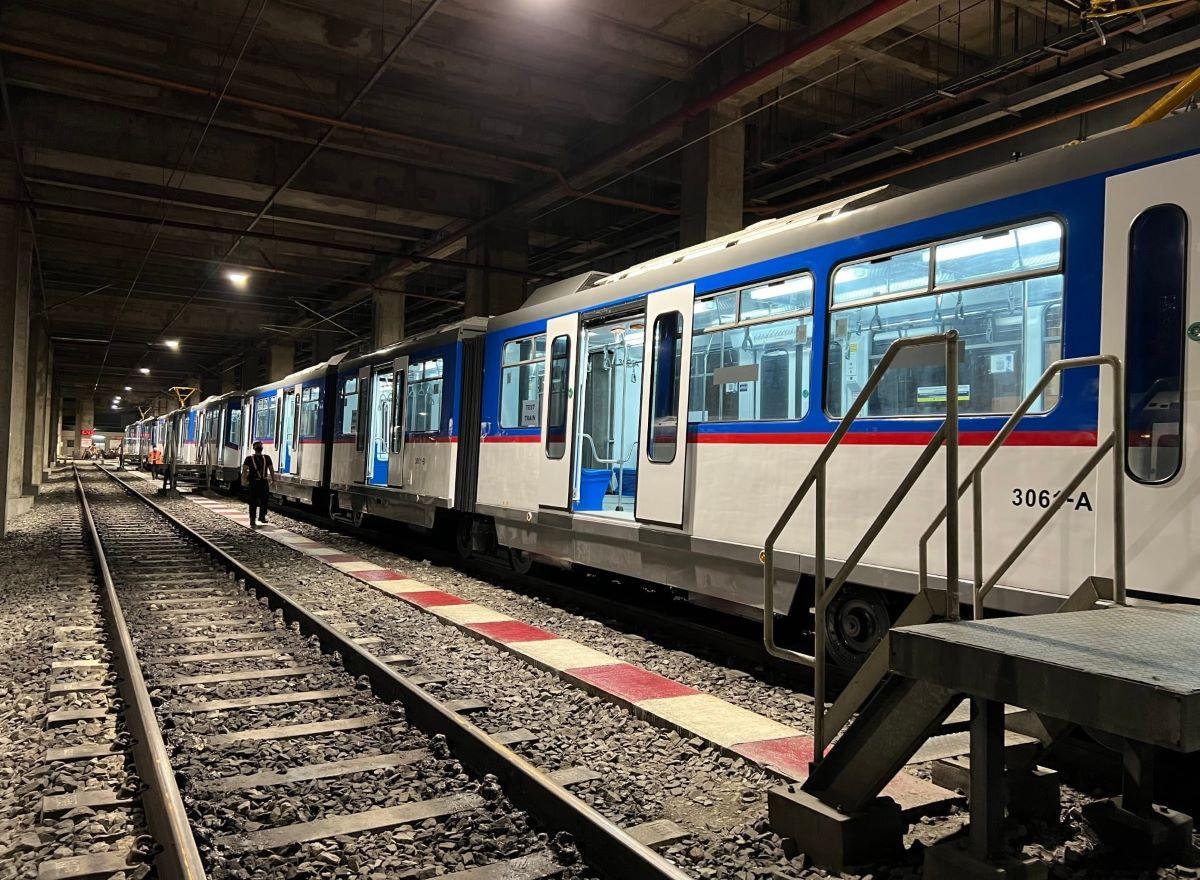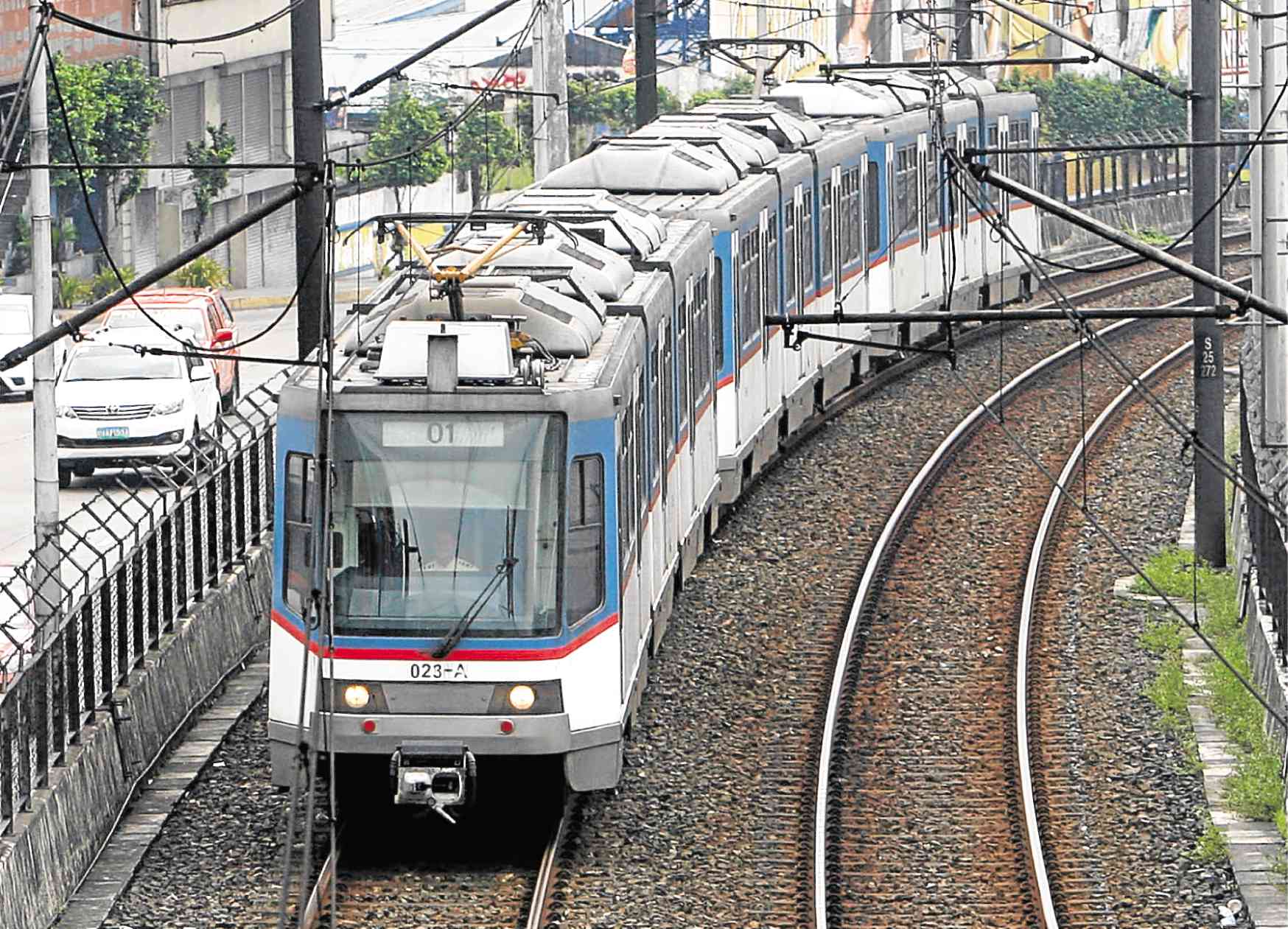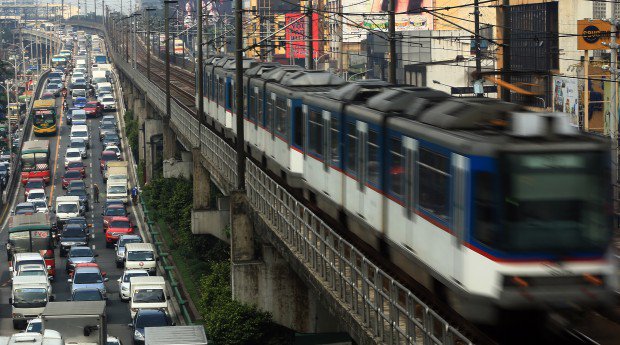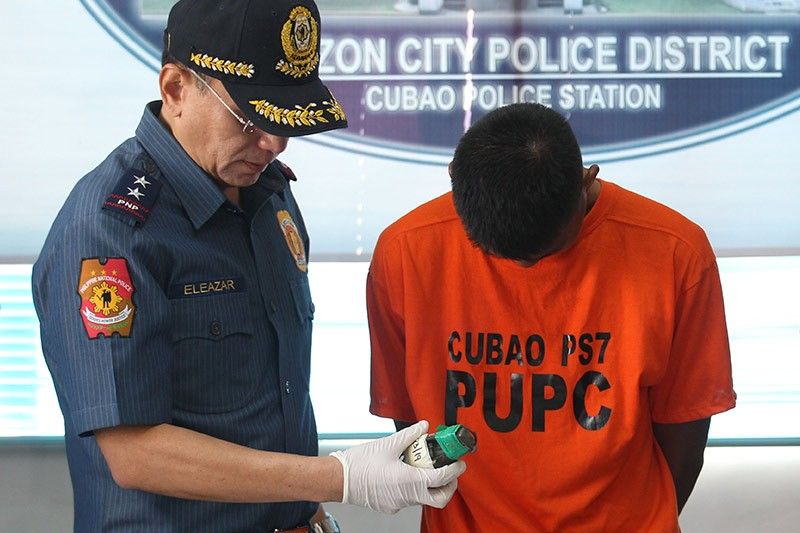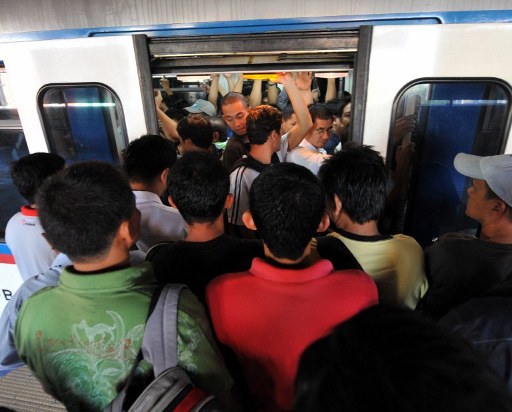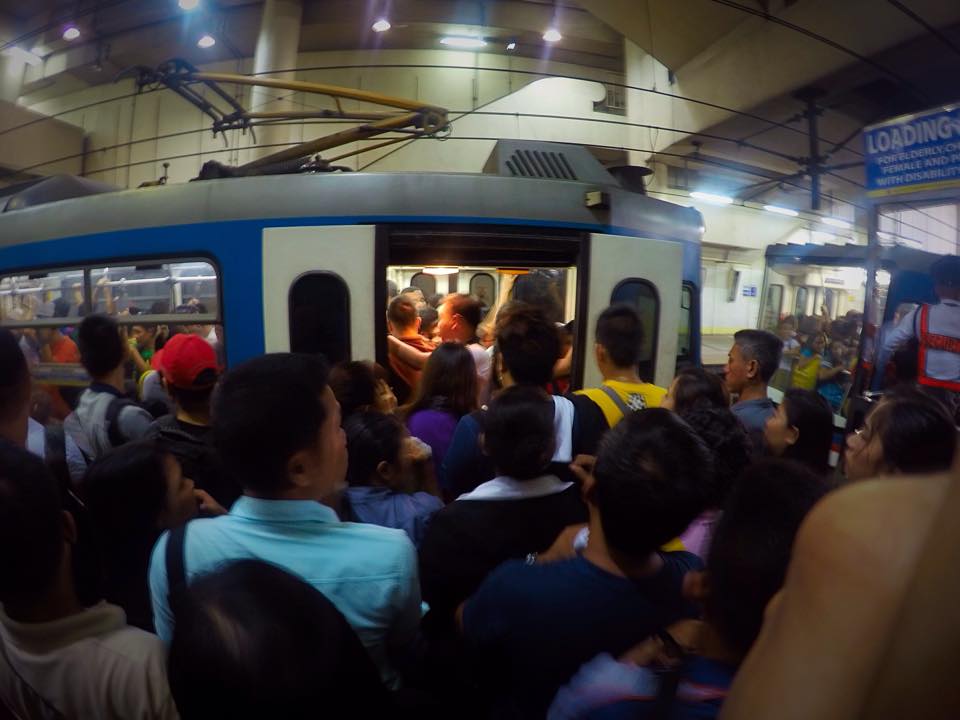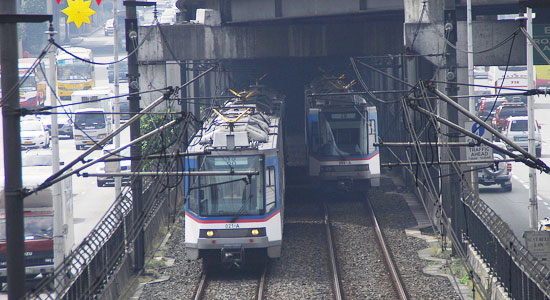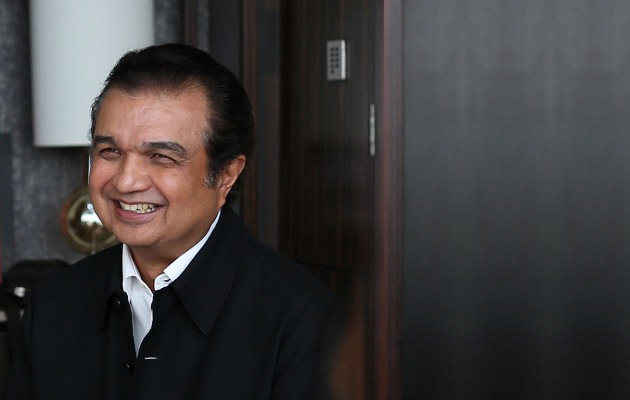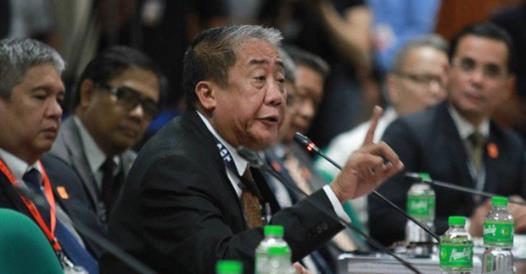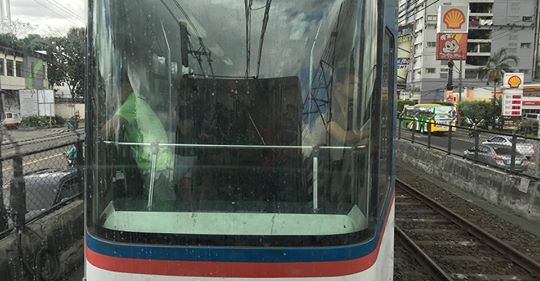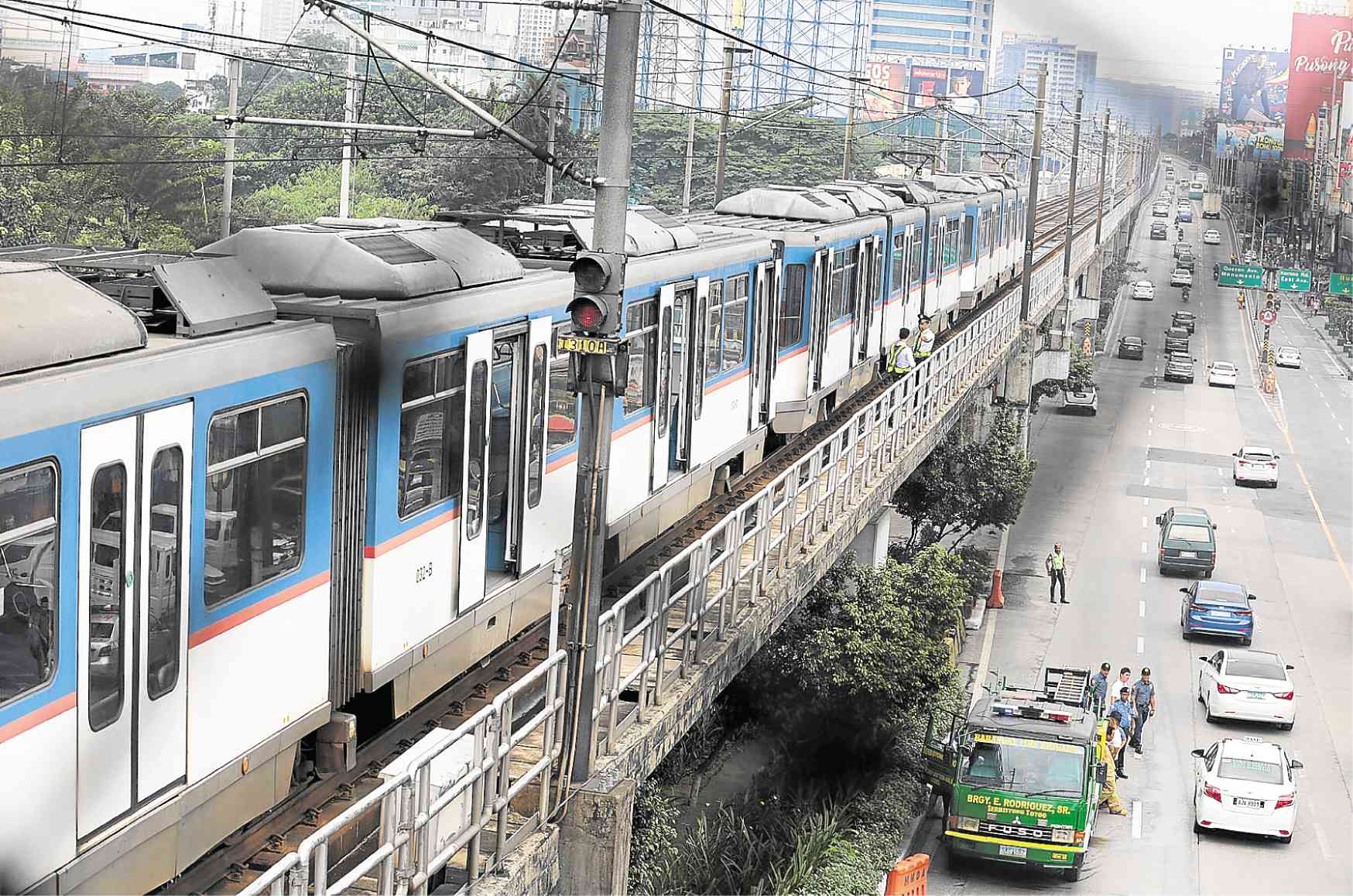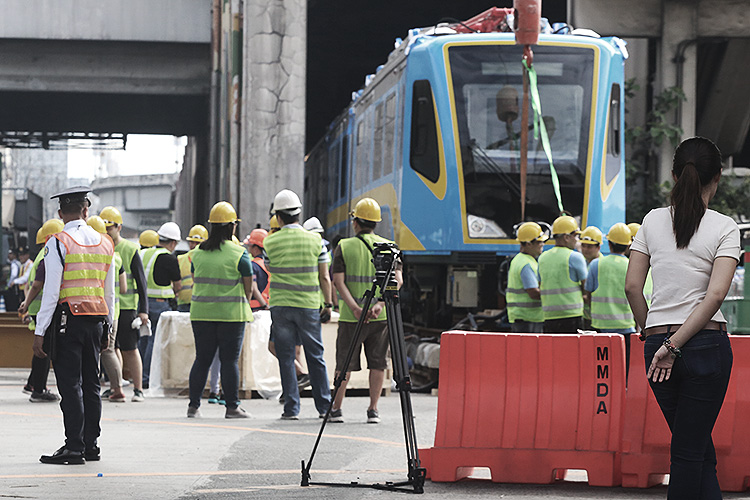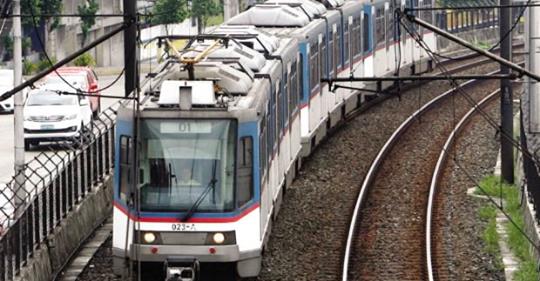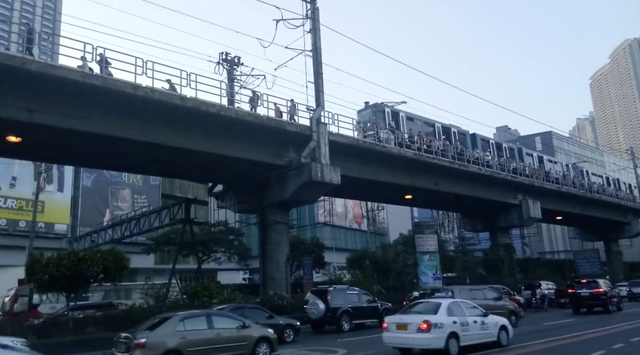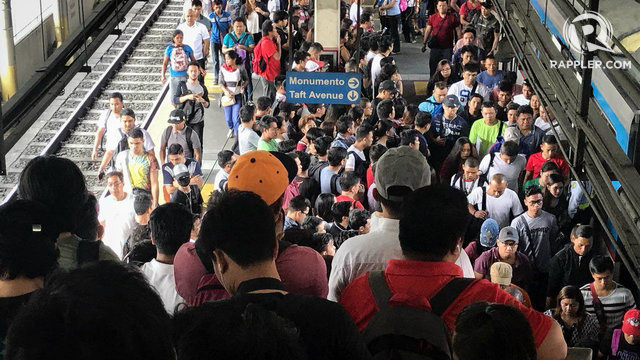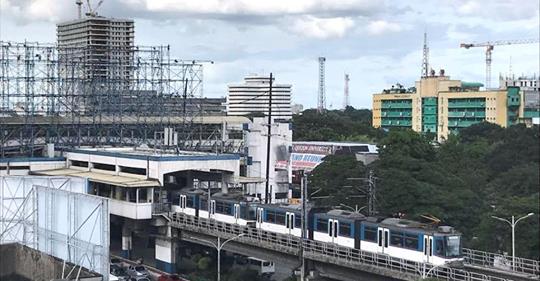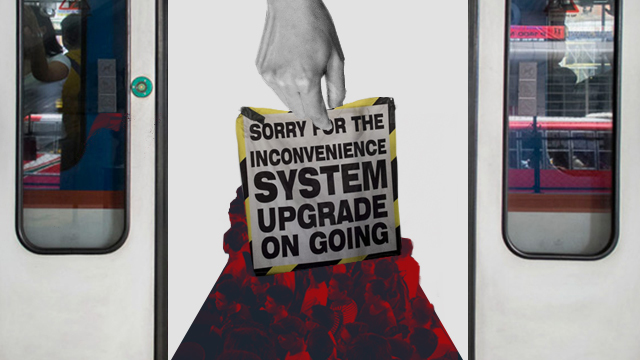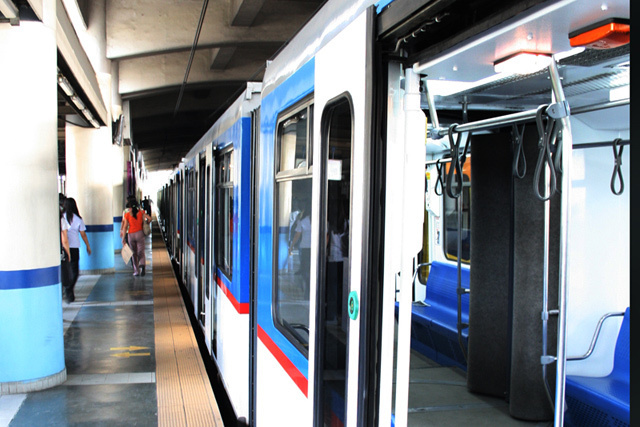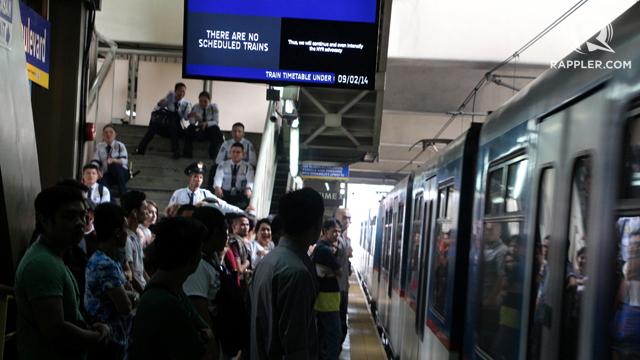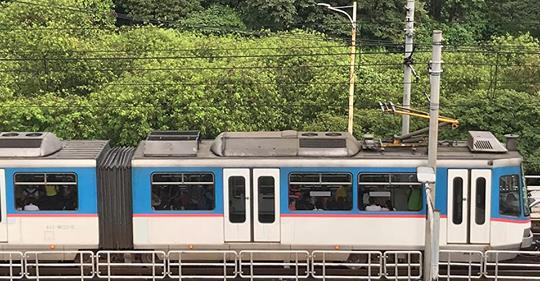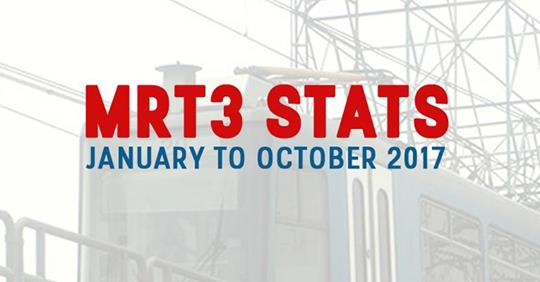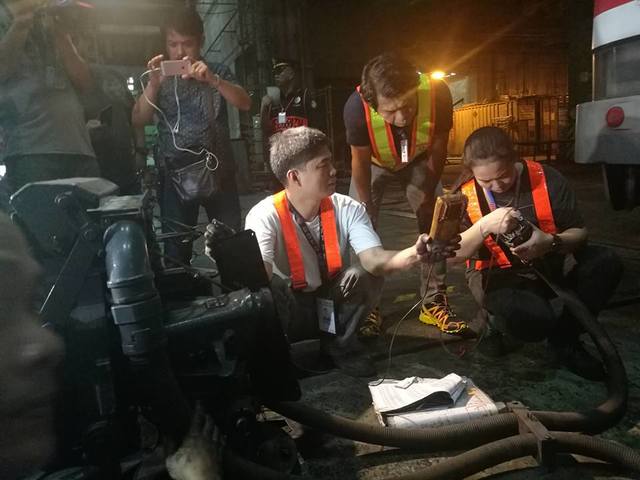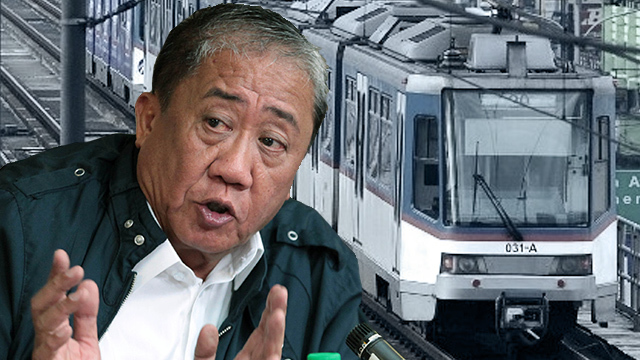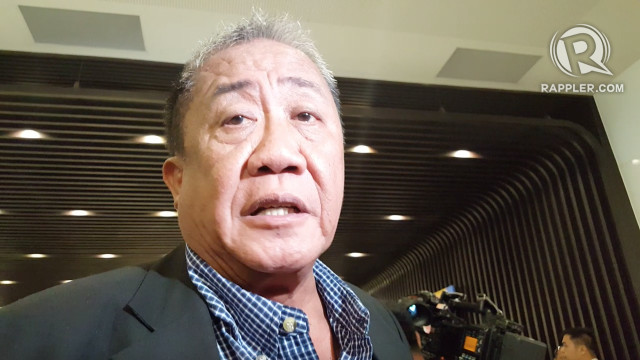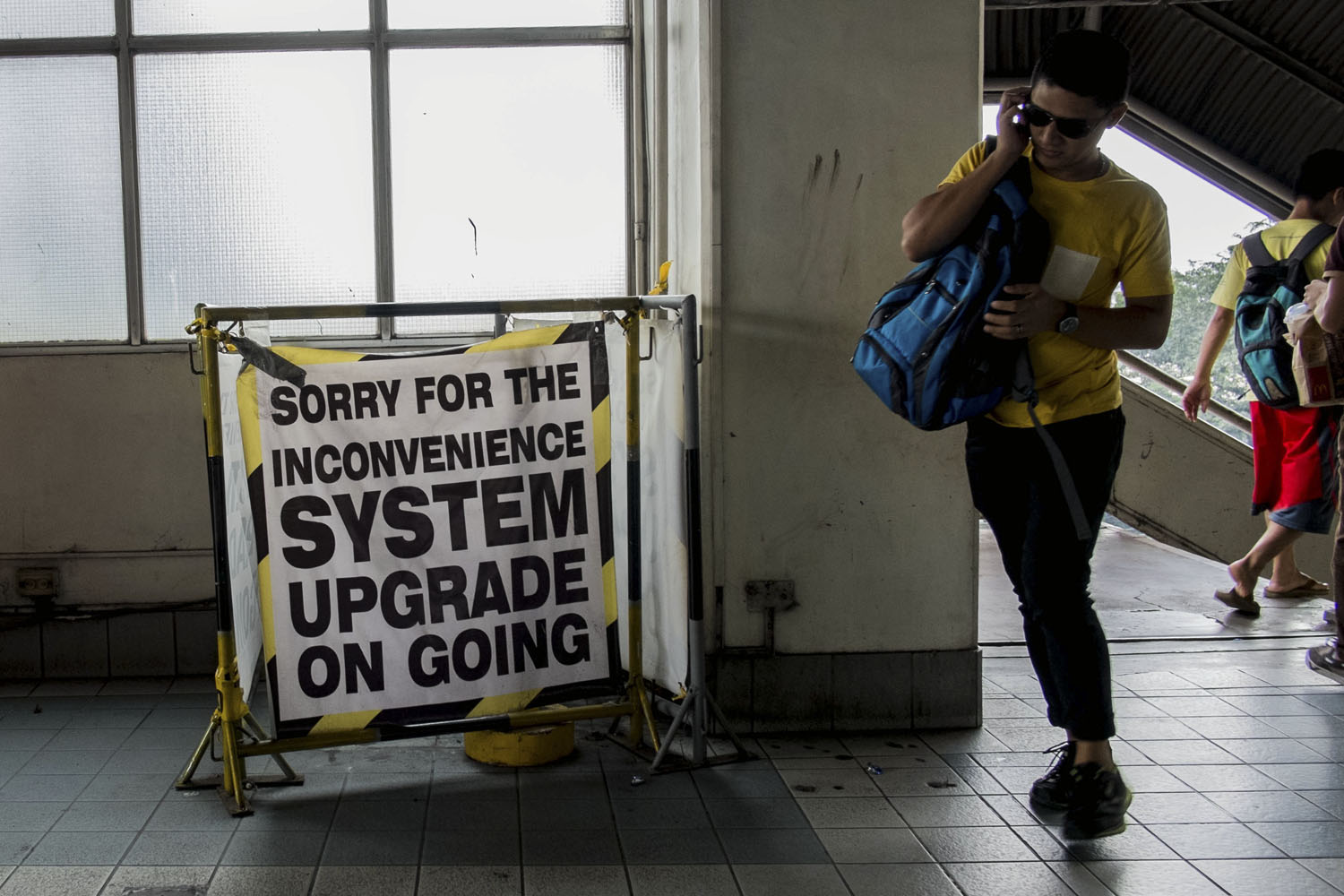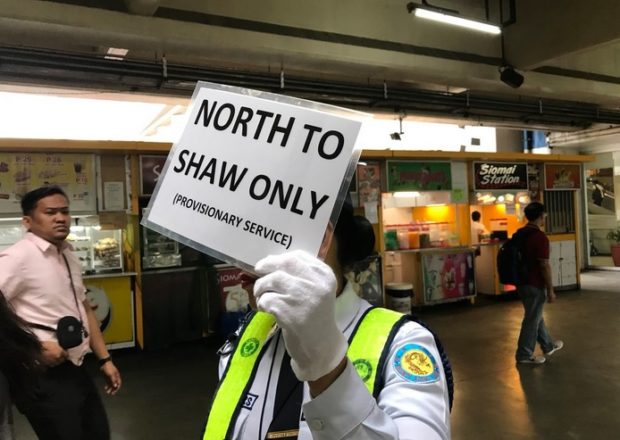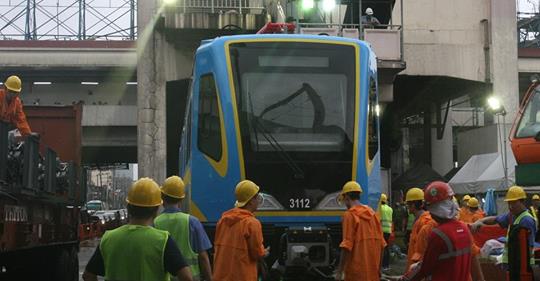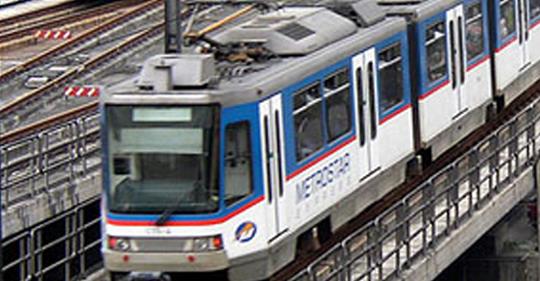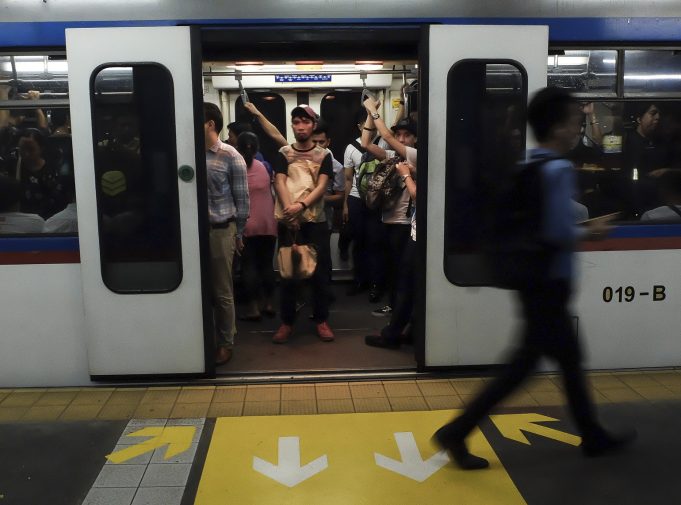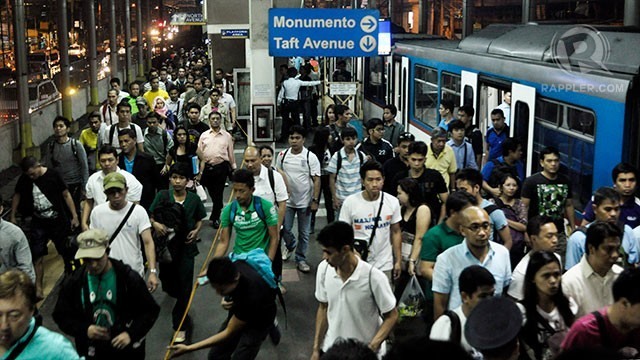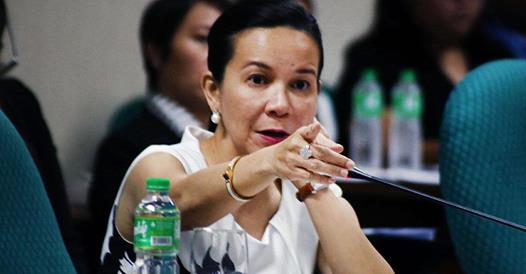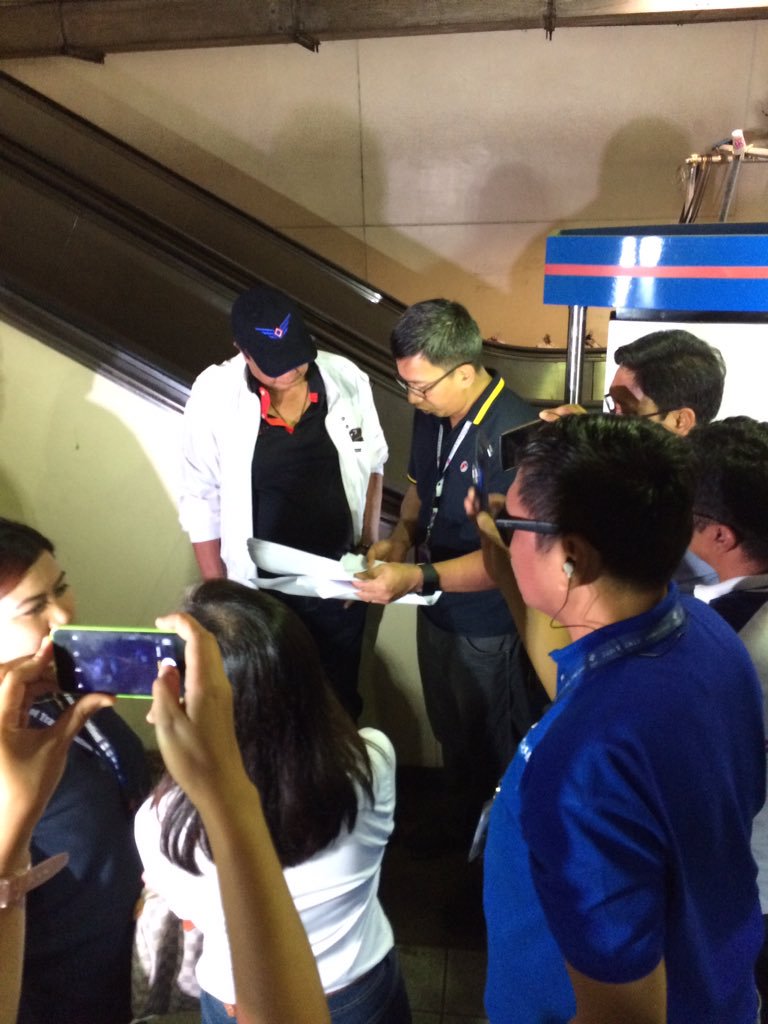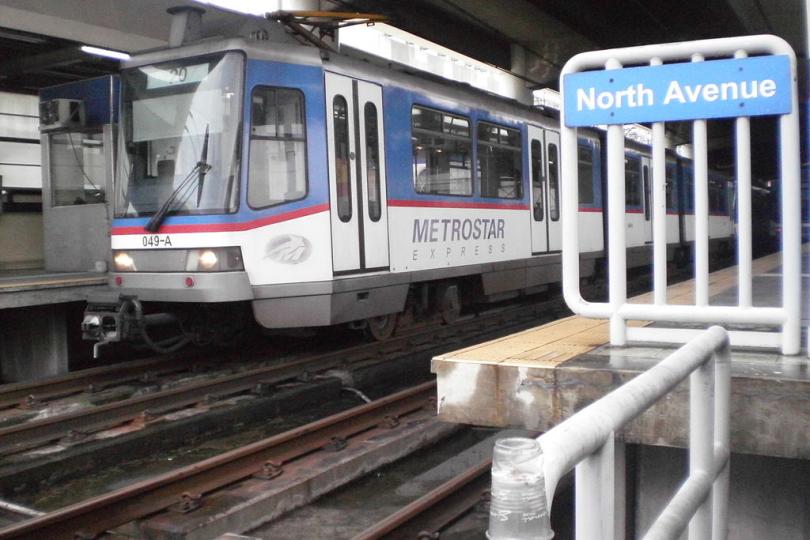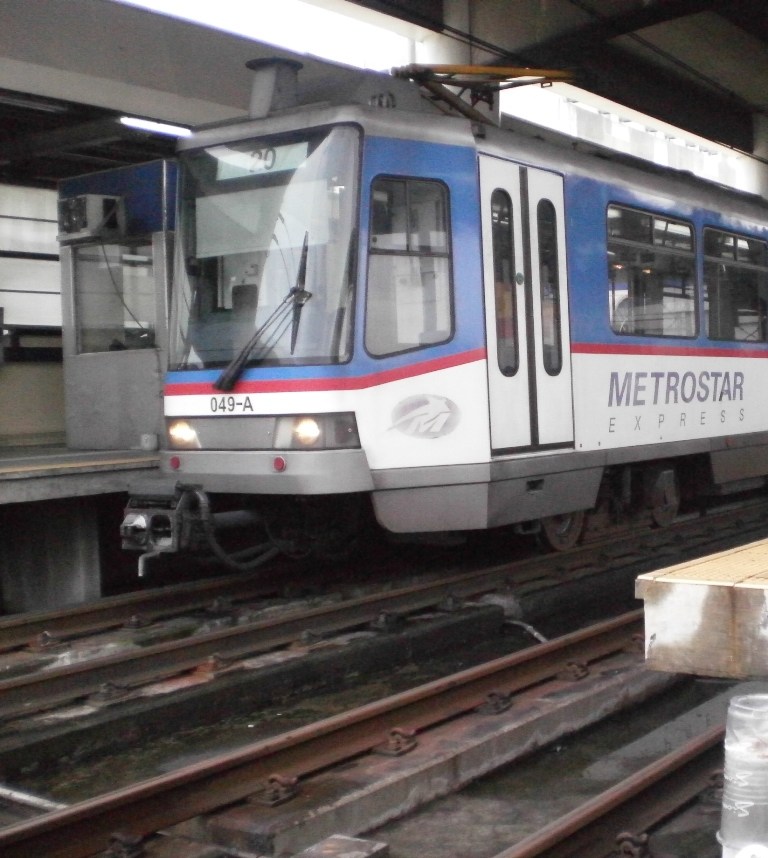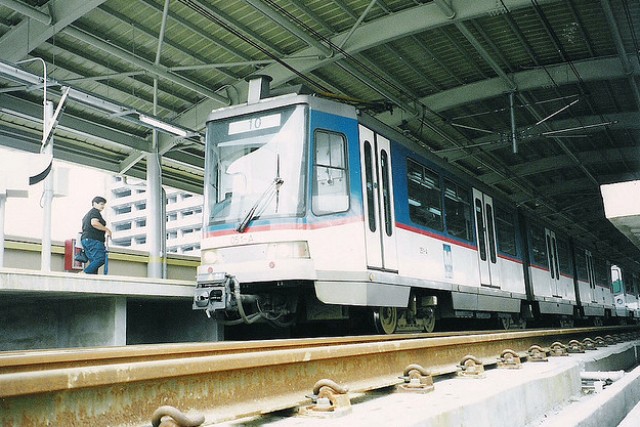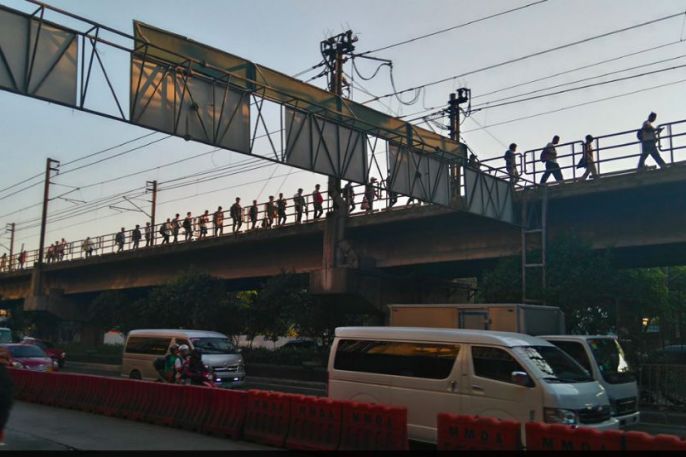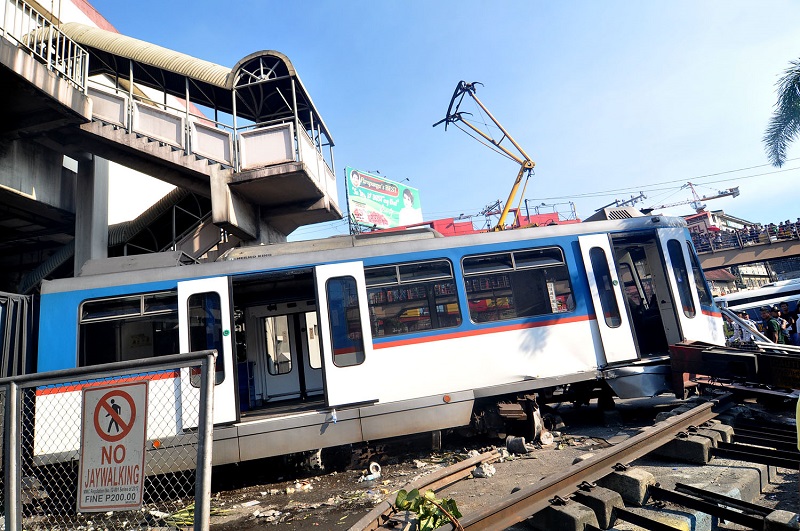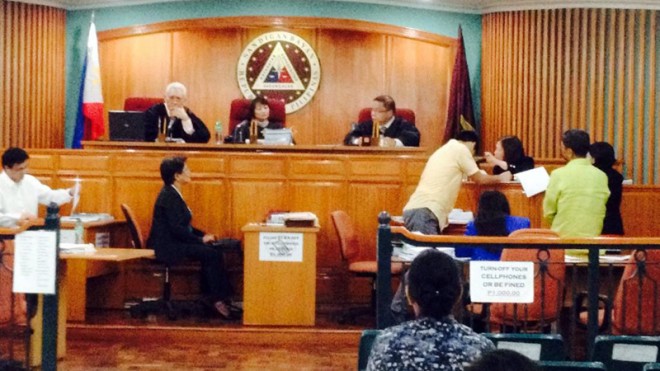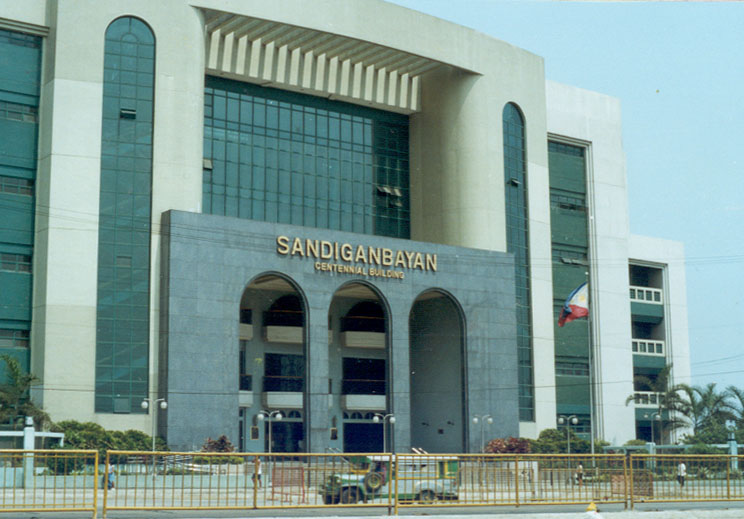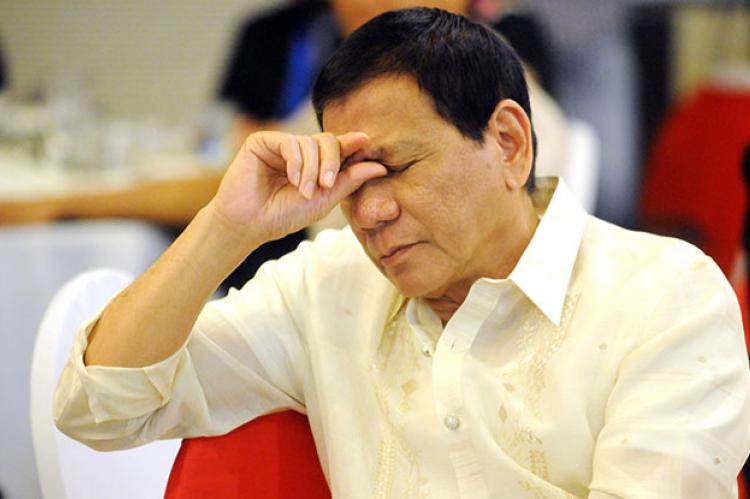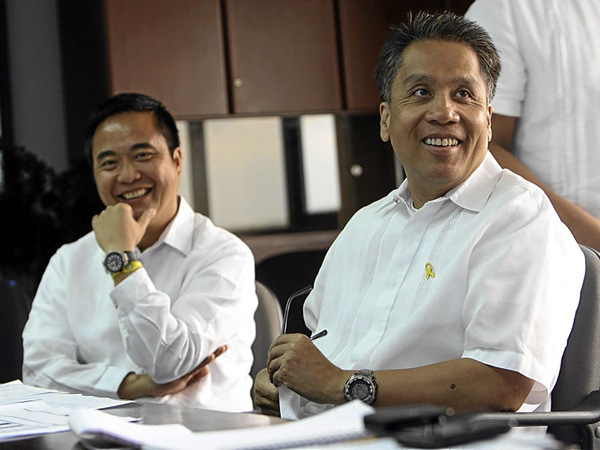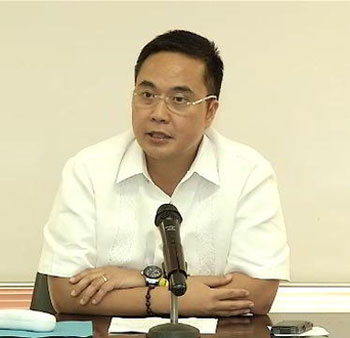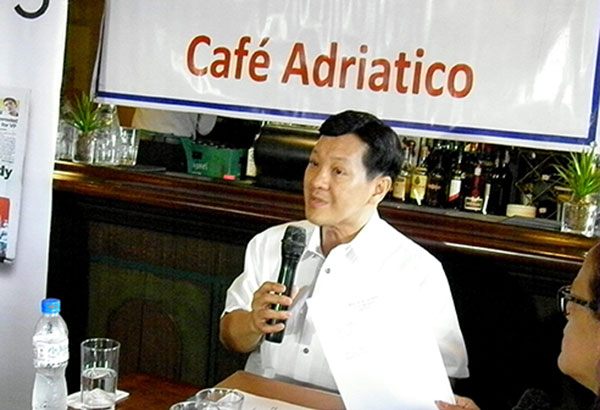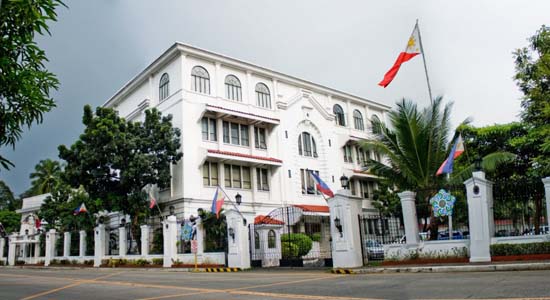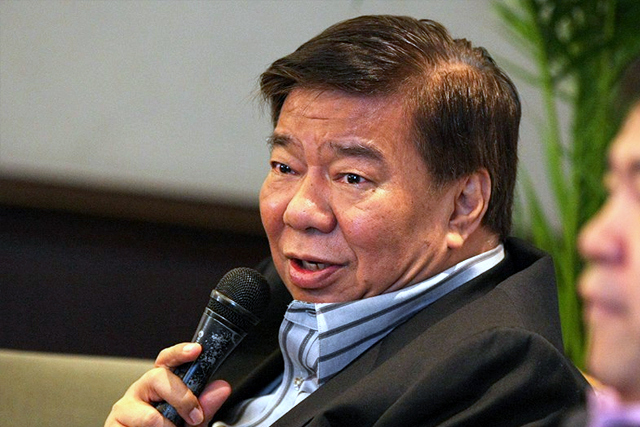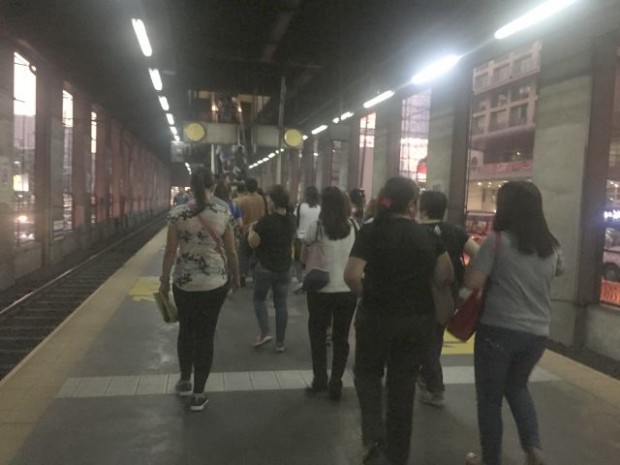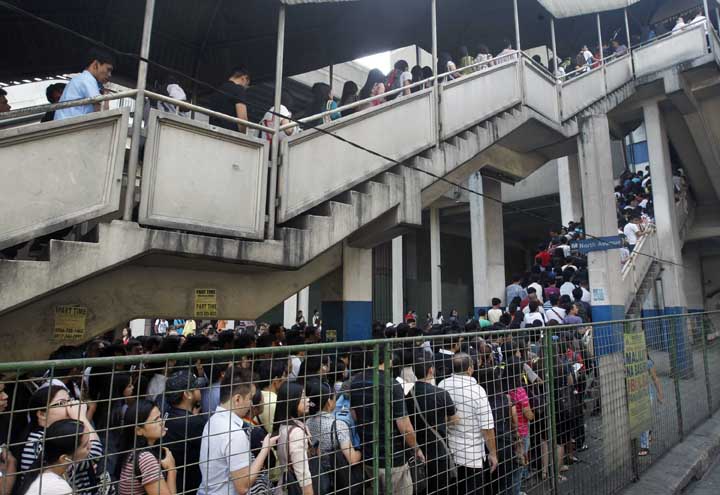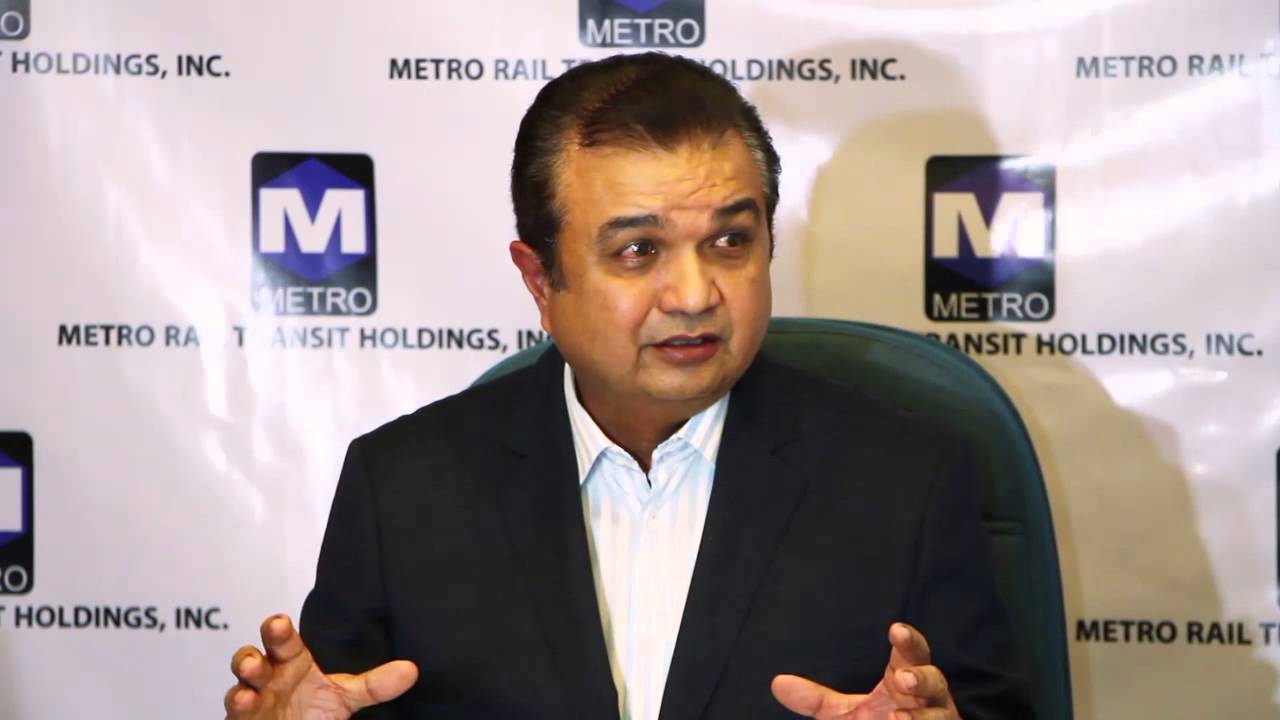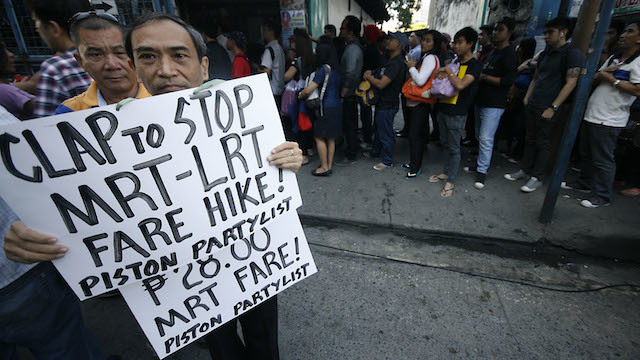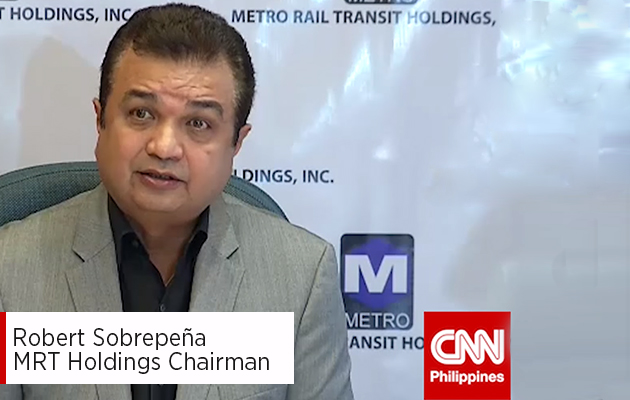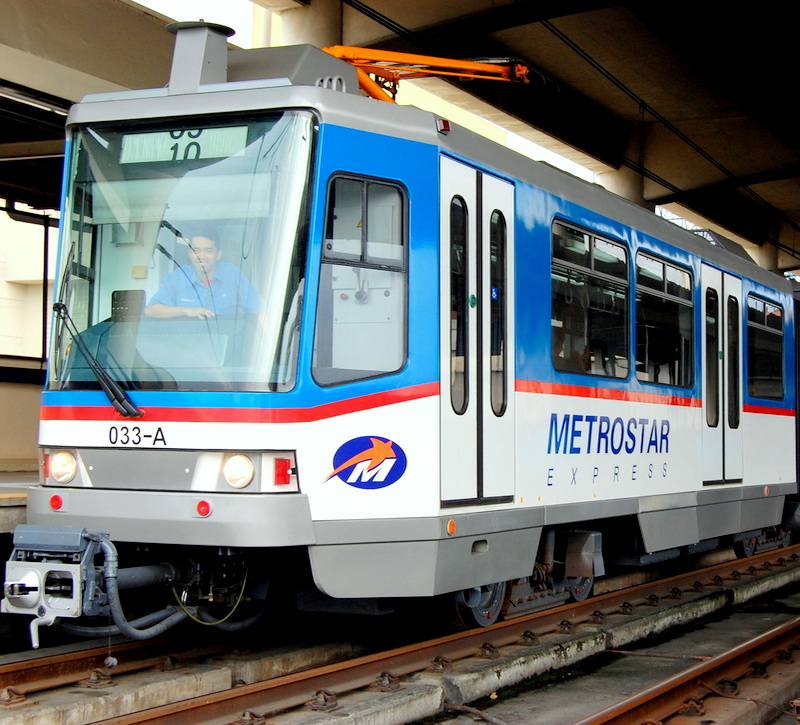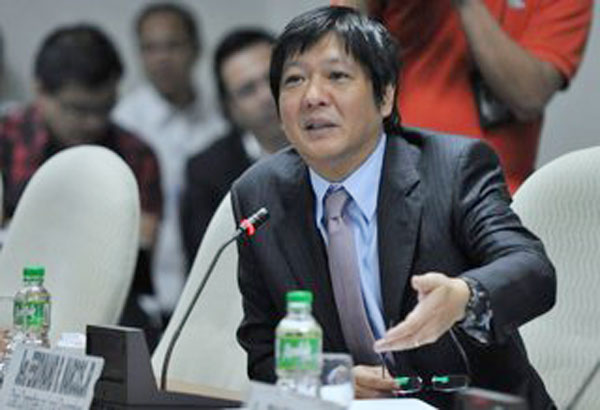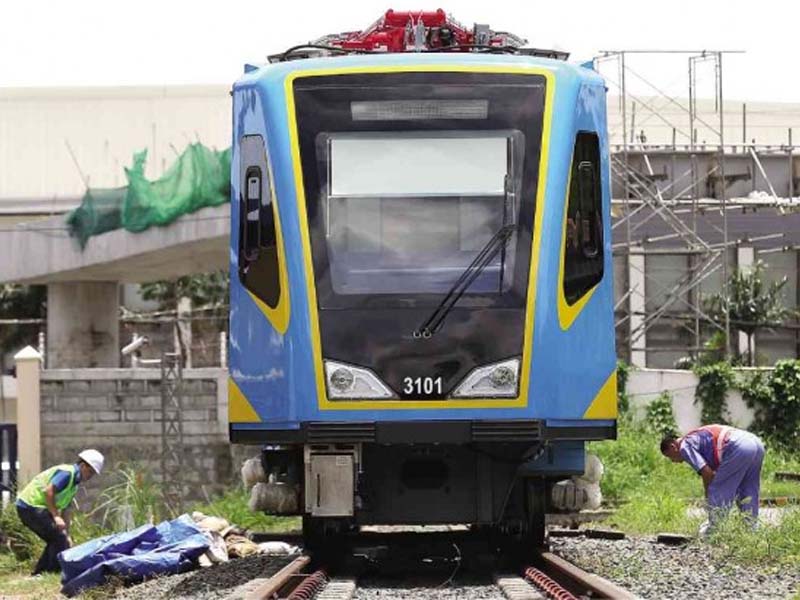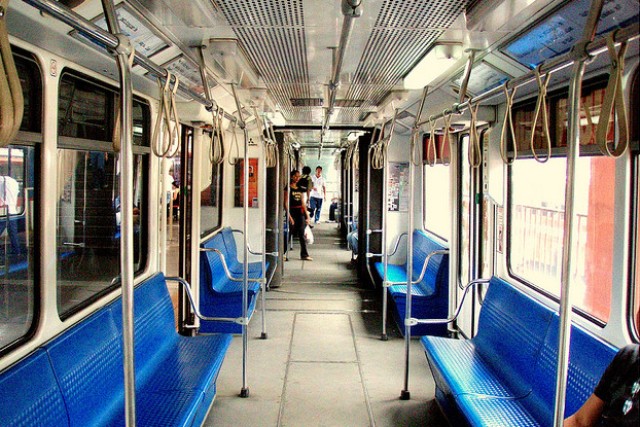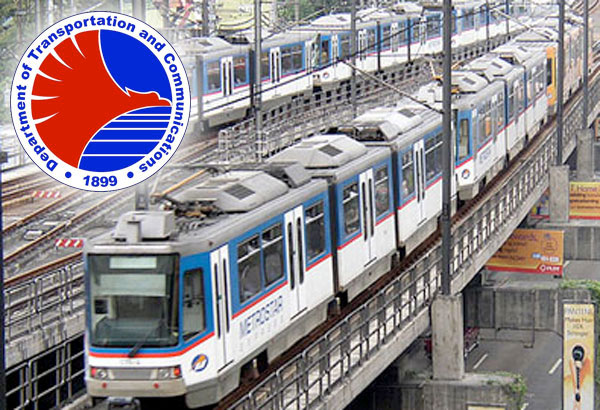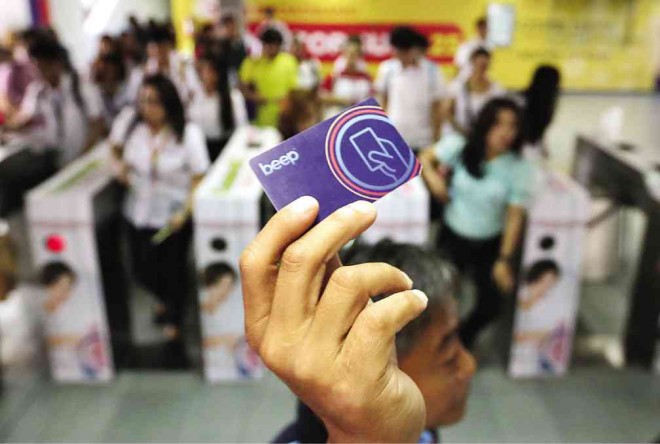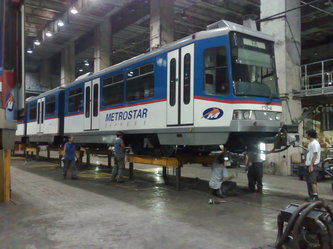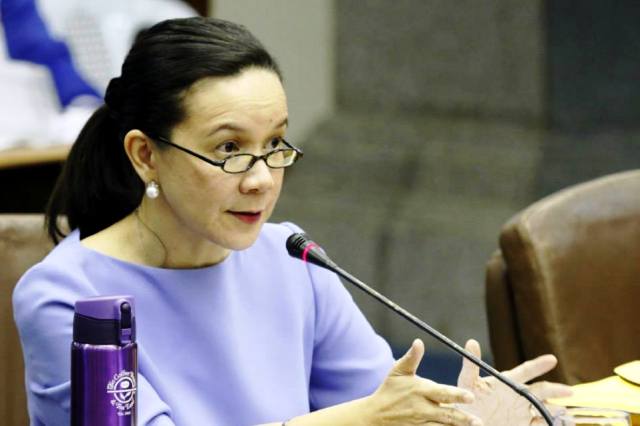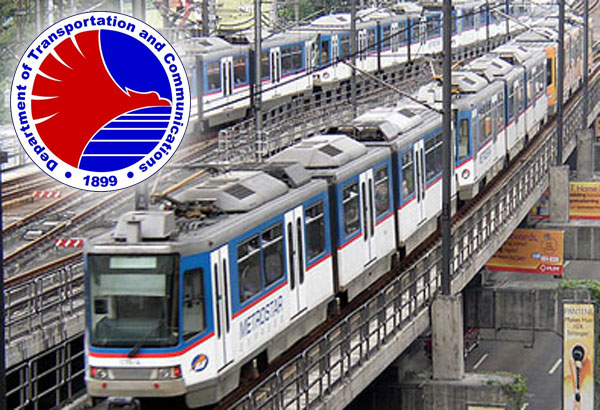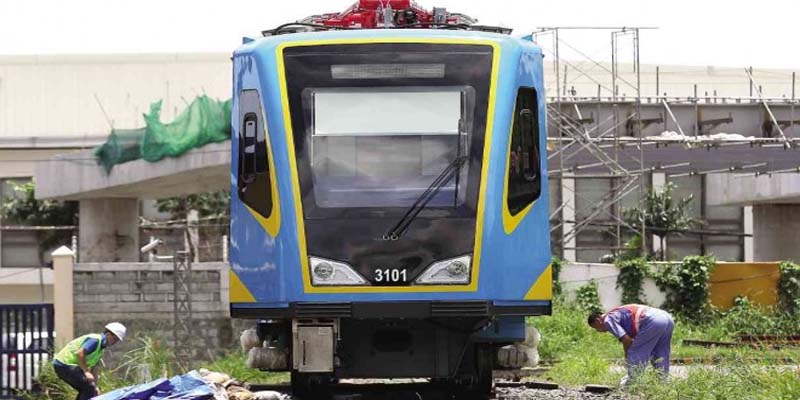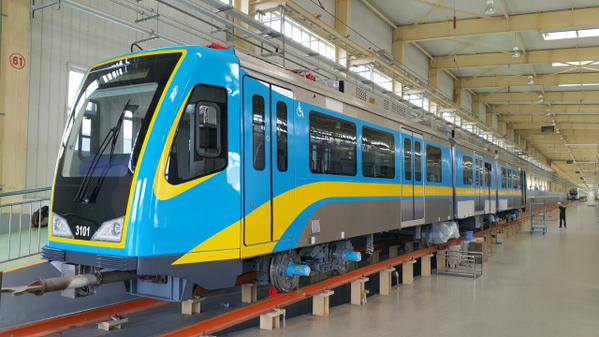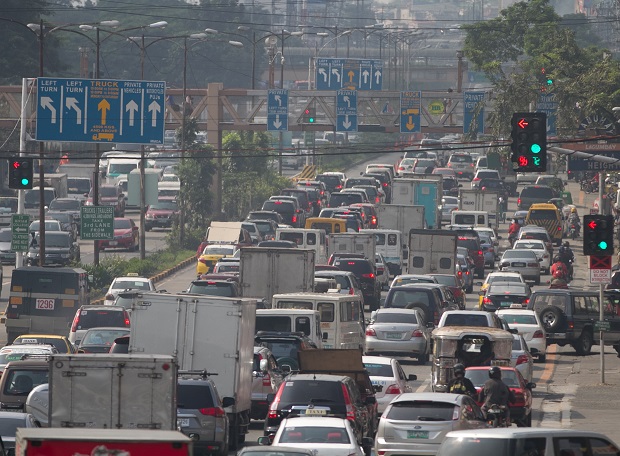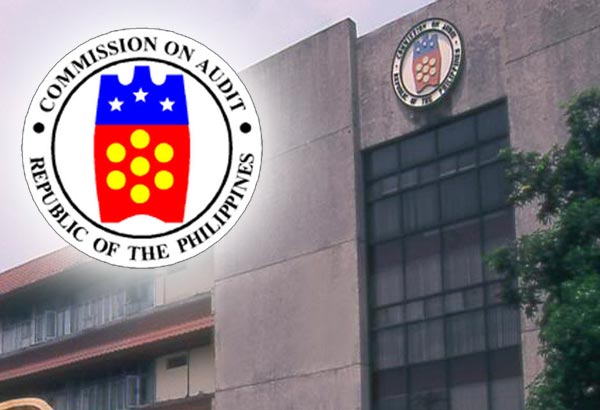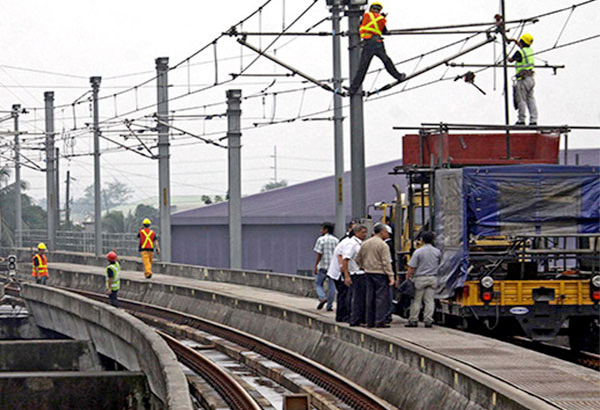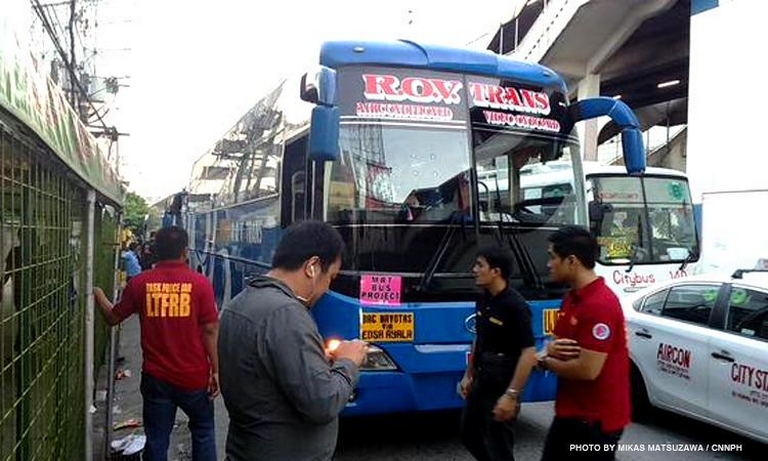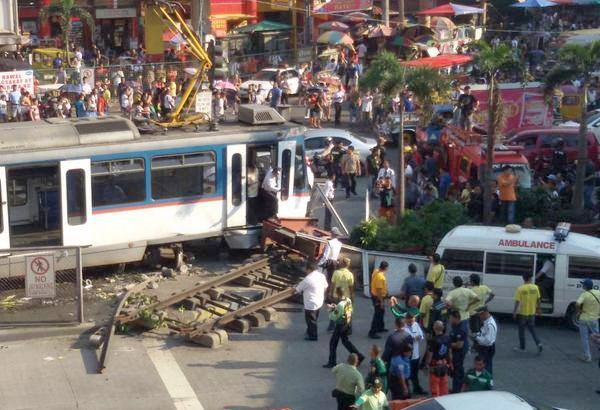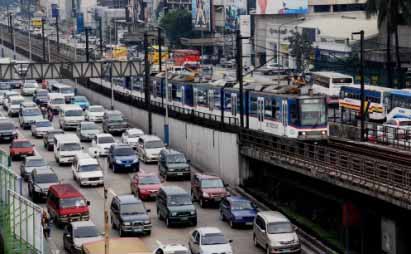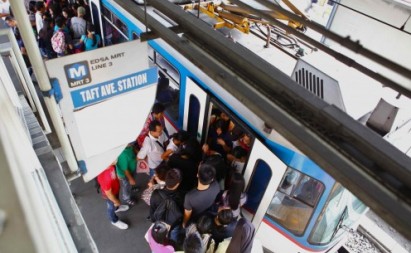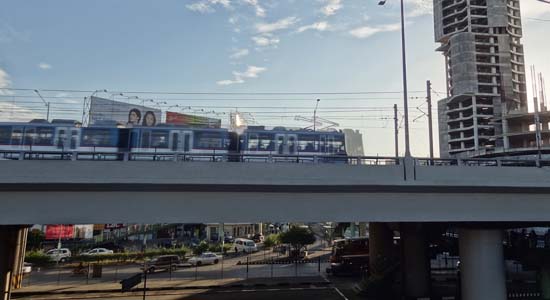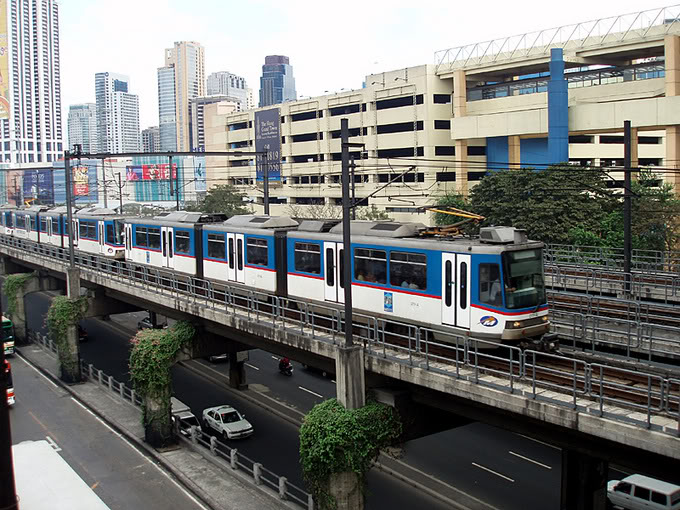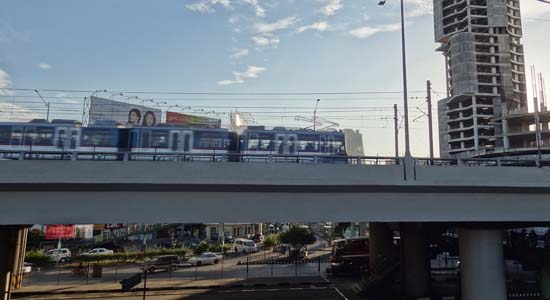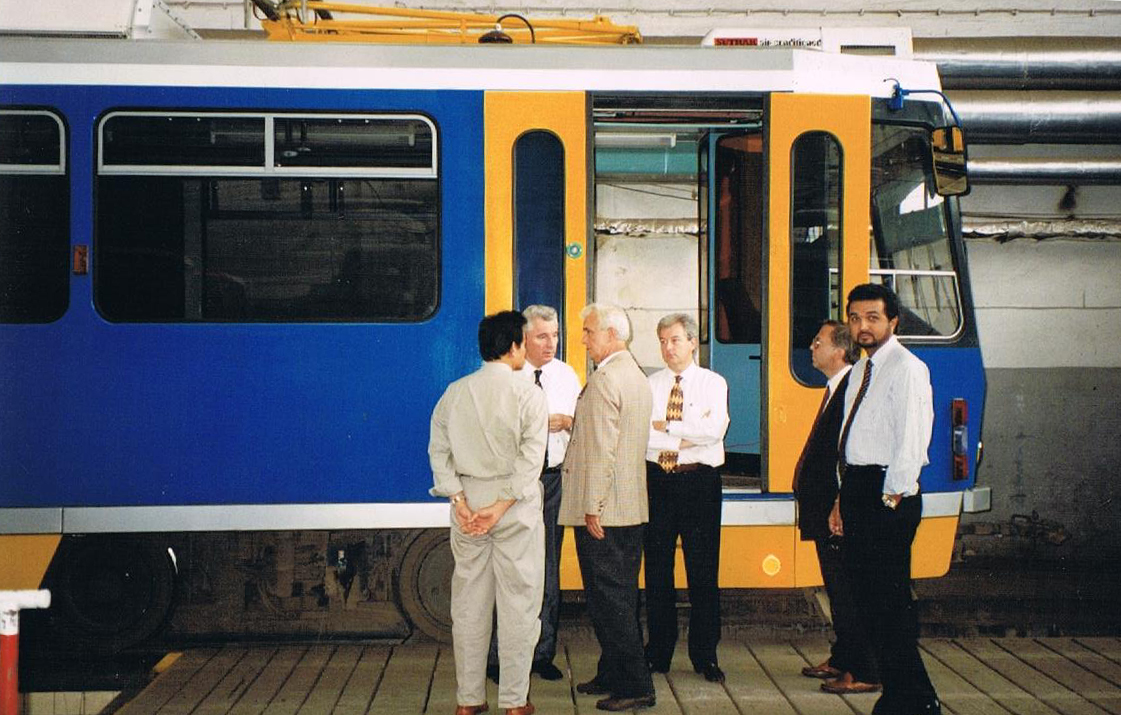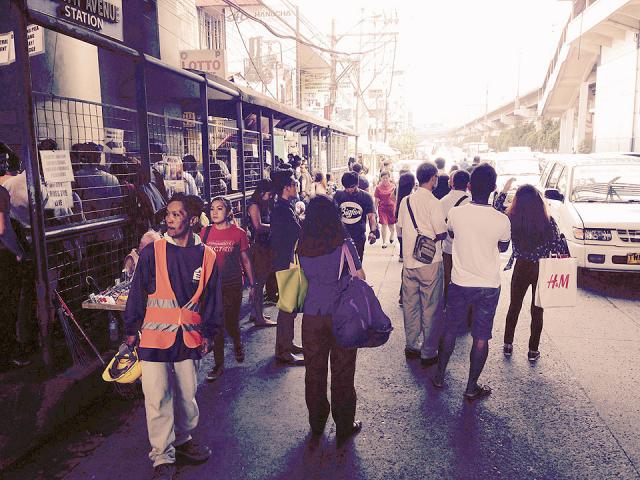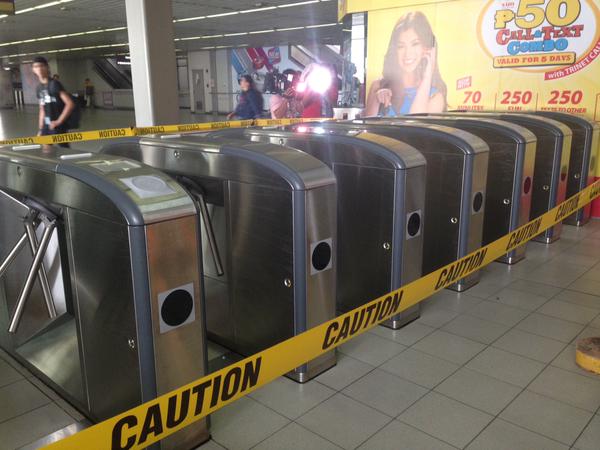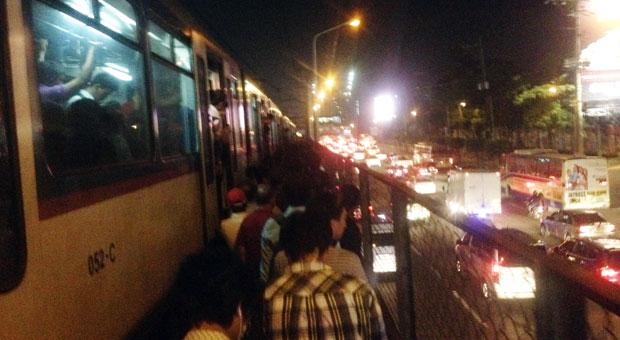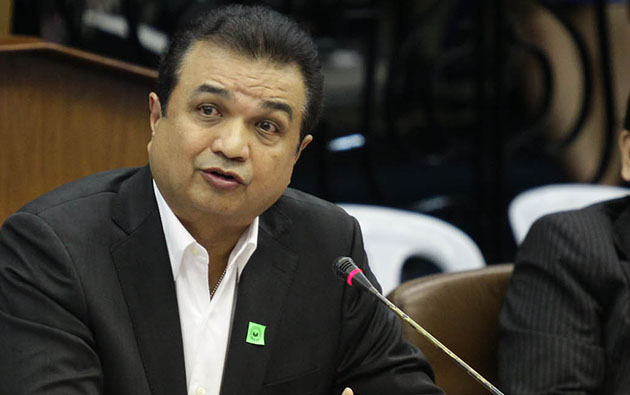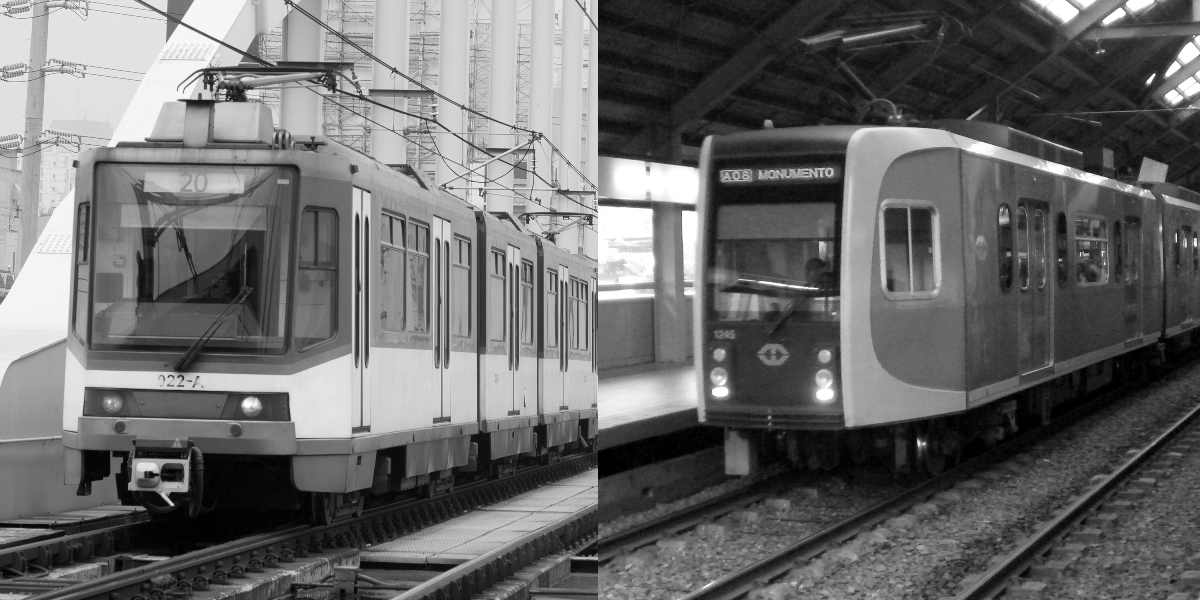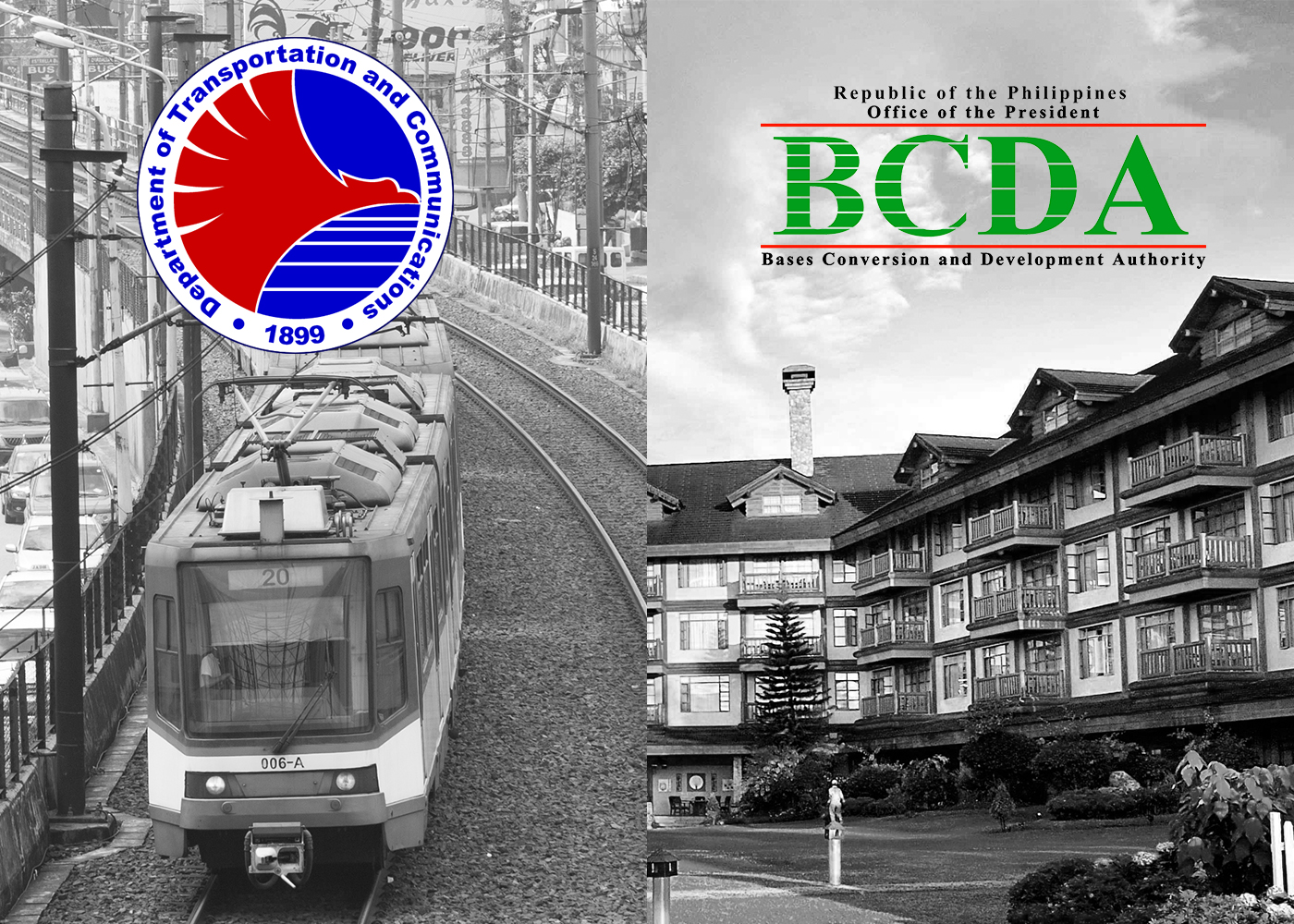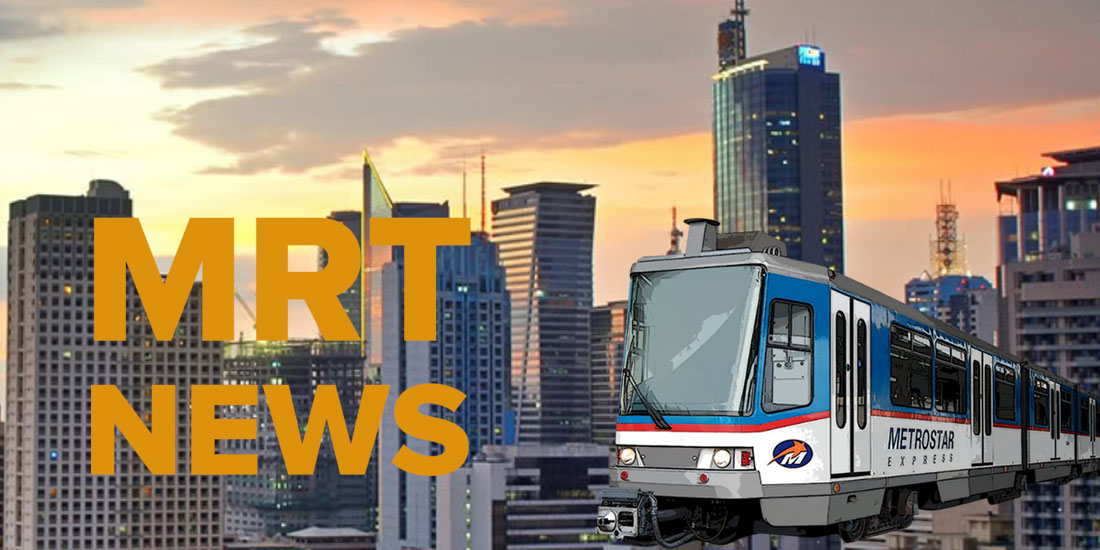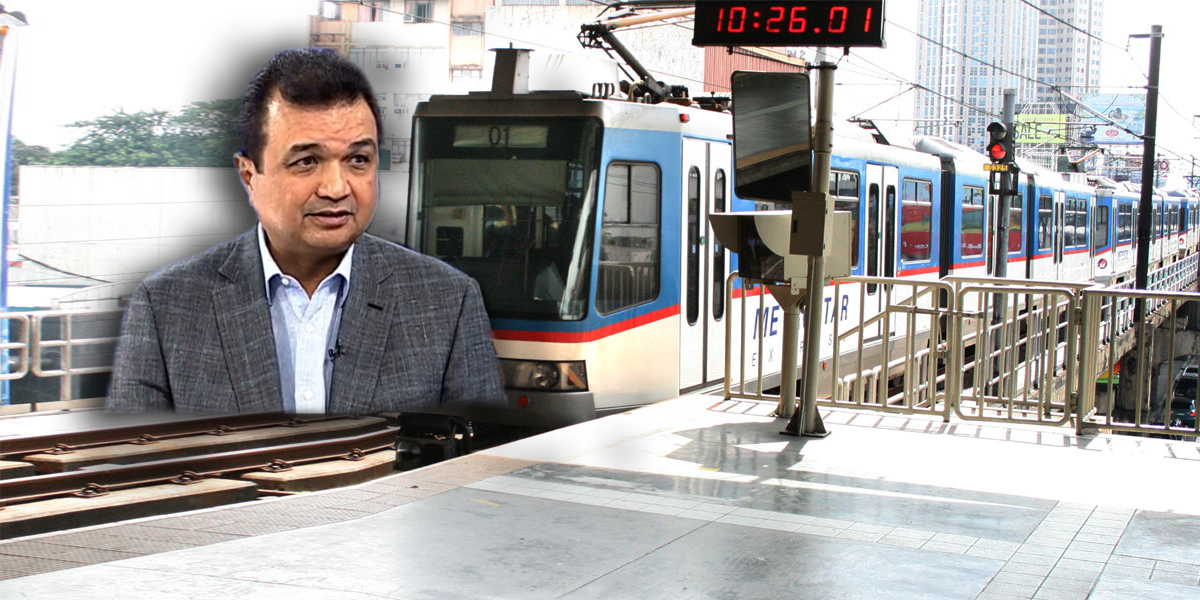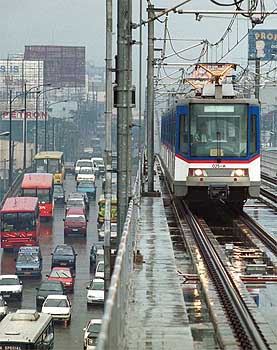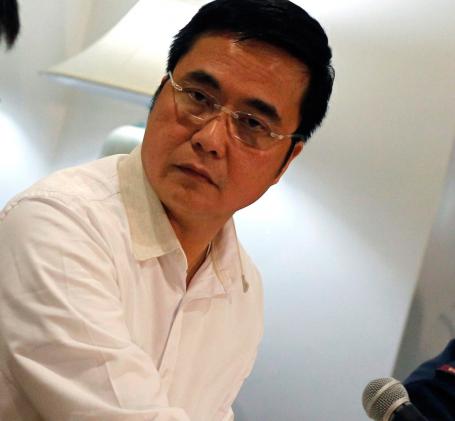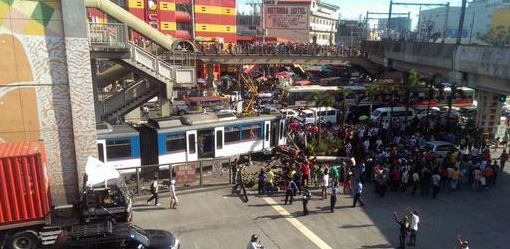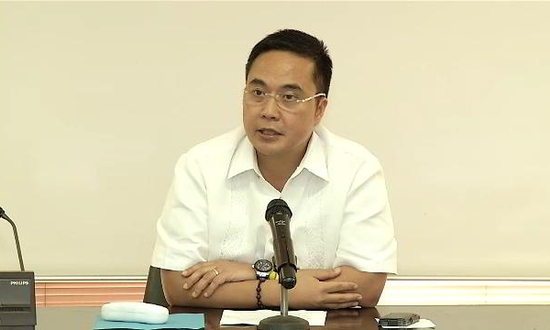By: Rey E. Requejo | Manilastandardtoday | February 14, 2014
The former chairman of the Metro Rail Transit Corp. said the company made an offer several times to supply brand new trains for the expansion of MRT-3, but the Department of Transportation and Communications insisted on procuring second-hand trains.
MRTC chairman Robert Sobrepeña said the right of the company to supply the trains under an existing build-lease-transfer agreement remains valid even if they did not reply to the letters of the DoTC seeking second-hand trains.
Sobrepeña described the DoTC’s action, and its subsequent decision to procure 48 light rail vehicles constituted “non-observance of MRTC’s right of first refusal.” The second-hand trains were to come from CNR Dalian Locomotive & Rolling Stock Co.
“As far as I am concerned, I was not in favor of second-hand trains. If we are to put more trains on EDSA, we should put brand new trains,” he said during Thursday’s hearing at the Makati Regional Trial Court Branch 66 under Judge Joselito Villarosa.
Earlier Villarosa granted MRTC’s petition for preliminary injunction with a 20-day temporary order of protection to stop the DoTC from procuring the light rail vehicles from CNR Dalian.
Sobrepeña said there were at least two instances that MRTC offered to supply brand new trains at no cost to the government—in 2000 and in 2004.
During their first offer, the DoTC advised the MRTC that the government was waiting for a triggering event for the capacity expansion, which is for the ridership to reach 350,000 passengers a day—the maximum for the existing 60 trains of MRT-3.
When the triggering mechanism was reached, MRTC renewed its offer in 2004 but nothing happened despite the creation of a technical committee to study the proposal.
MRTC earlier accused the transportation department of “creating more traffic and passenger congestion rather than solving them” by entering into a questionable agreement with Dalian.
MRT Holdings spokesman lawyer David Narvasa said the DoTC should focus on ensuring the safety of the MRT-3 coaches instead of insisting on violating the BLT agreement.
“DoTC should address the main issue of its role as lessee under the BLT agreement instead of pushing for the award and delivery of light rail vehicles outside the terms and conditions of the BLT agreement. Their record shows that DoTC is creating more traffic and passenger congestion, rather than solving them,” Narvasa said.
MRTC has already filed an arbitration case against the DoTC before the Singapore-based International Chamber of Commerce—Court of Arbitration for violating the BLT agreement, which remains valid until 2025.
Narvasa said Sumitomo Corporation one of the largest corporations in Japan, through TES-P as maintenance provider of MRT-3, informed the transportation department in 2009 that the existing signalling System has been phased out and would result in higher cost of parts and maintenance.
DoTC already secured a Special Allotment and Release Order for the procurement of the upgrade of the said signalling system as specified in the BLT agreement but the MRTC proposal has yet to be approved until now.
“The MRT Group also made several proposals to acquire additional LRVs from before 2007, and the 2010 proposal of Metro Pacific Investment Corporation to supply additional trains at no cost to the government—all remain in limbo and have not been responded to by DoTC,” Narvasa said.
Before June 2010, Narvasa said MRTC still had access to the MRT-3 depot, allowing the company to get a briefing on the maintenance works on a weekly and monthly basis.
Until then, MRT-3 maintenance provider Sumitomo Corporation was also engaged on a life cycle maintenance basis with a required availability of at least 80 percent or 60 LRV units.
“However, Sumitomo Corp was replaced by a newly-formed company by DoTC in late 2012 without consultation nor consent of MRTC. Since then, there have been reports of LRVs colliding with each other in the depot and breakdown of systems remains unreported to MRTC and MRTH as owner and lessor of the MRT-3 system,” Narvasa said.
“At present, it is reported that operational LRVs has gone below the 60 units, the minimum number of cars that should be available for revenue service during peak hours. The maintenance logs has not been made available to MRTC and the maintenance auditor from MTR of Hong Kong who was engaged by MRTC to assess the condition of its assets was refused access to the depot and to the maintenance logs to conduct an actual technical audit of the true condition of the MRT-3 system,” Narvasa added.
Villarosa, in his January 30 order, underscored that among the rights assigned to MRTC under the BLT agreement was a provision in paragraph 5.2 that it would only lose its preferential right to supply light rail vehicles in either one of two instances: a) if the MRTC is in breach of its obligation under the BLT Agreement; or b) if the MRTC consents to DoTC’s use of light rail vehicles which were not provided by MRTC.
“After painstaking and assiduous perusal of the records of the case, the Court finds that there is an urgent need to either a) preserve property, b) prevent the respondent from disposing of, or concealing, the property, or c) prevent the relief prayed for from becoming illusory because of prior notice,” Villarosa said.

 Twitter
Twitter Facebook
Facebook